Icicle removers on skyscrapers
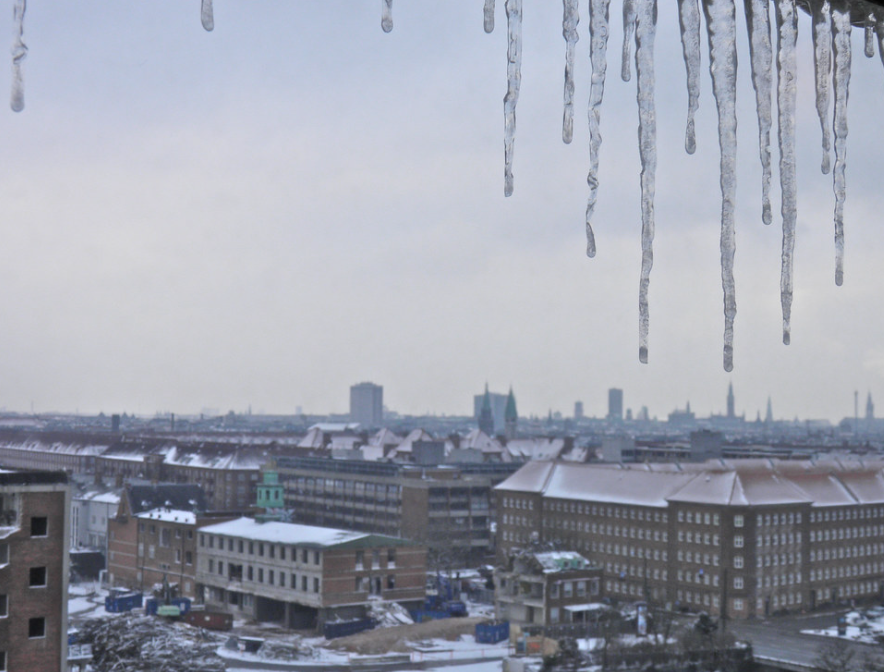
Just like the window washers from earlier, icicle removers work at great heights, but with the added danger of falling ice. As winter turns to spring, icicles can pose a serious hazard to people below. A sharp icicle falling can have the same impact as a knife. Scary, right? It’s the job of these workers to remove them, all while dangling hundreds of feet above the ground.
Underwater welders
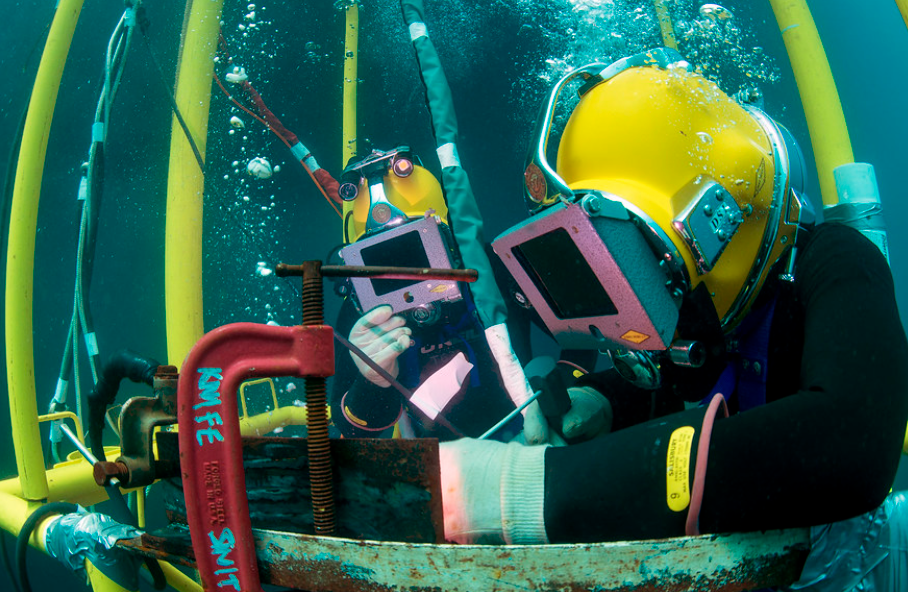
Sticking with underwater jobs – this one is less scientific research-based and has more to do with construction. Combining the complexities of welding with the unpredictability of the underwater environment, underwater welders have one of the most challenging occupations out there. While the pay can be rewarding, the dangers are numerous.
Storm chasers
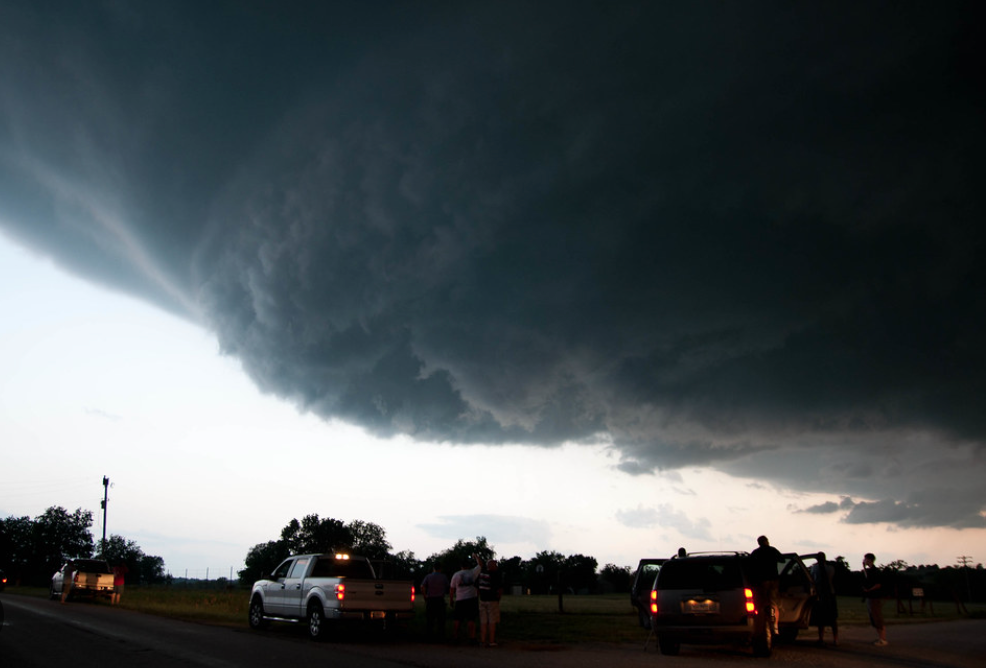
A storm chaser’s job is essentially to chase tornadoes, hurricanes, and other severe weather to study and document them. Of course, their work is important for scientific research and invaluable early warning systems, but the unpredictable nature of storms makes their job extremely dangerous. Every day at work can quickly turn from a chase to a race for safety.
Concert security
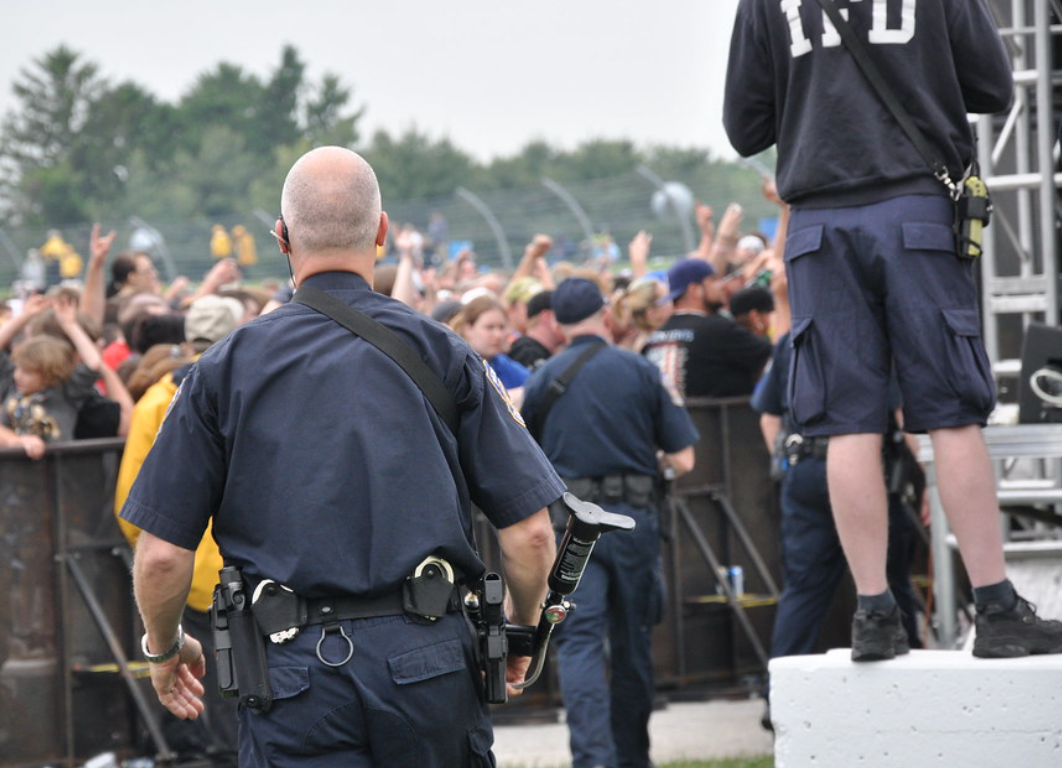
While working at a concert or music festival might sound like fun and games to the average observer, for concert security, it’s serious business. They are tasked with keeping both the artist and thousands of fans safe. There’s a whole range of dangers associated with this – such as overexcited fans, mosh pits, and potential stampedes, just to name a few. We see excitement and fun – whilst they see immense pressure to keep things in order.
Professional stuntpeople

Stunt scenes in movies and TV shows often get our adrenaline pumping and put us on the edge of our seats. It’s exciting for us, and in all likelihood very exciting for the professional stuntpeople, but they do put themselves at risk daily to create that movie magic. From high jumps to fiery explosions, this job involves continuously walking on the edge – literally.
Military personnel
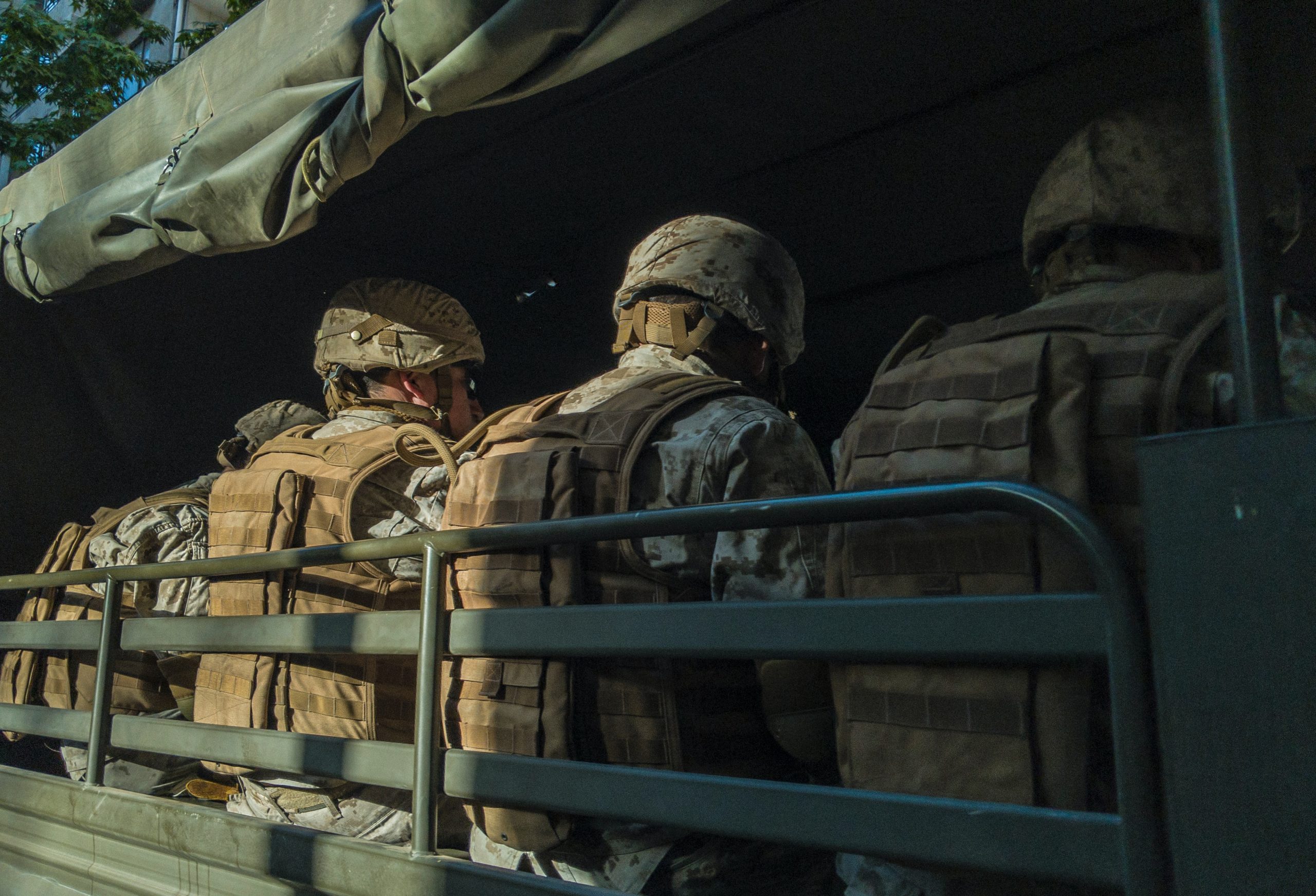
Serving in the military is undoubtedly one of the most dangerous jobs in America. Soldiers, Marines, Sailors, and Airmen face extreme conditions and potentially life-threatening situations on a regular basis. This includes not only combat situations but also rigorous training exercises and deployment to various parts of the world where danger may be imminent.
FBI agents
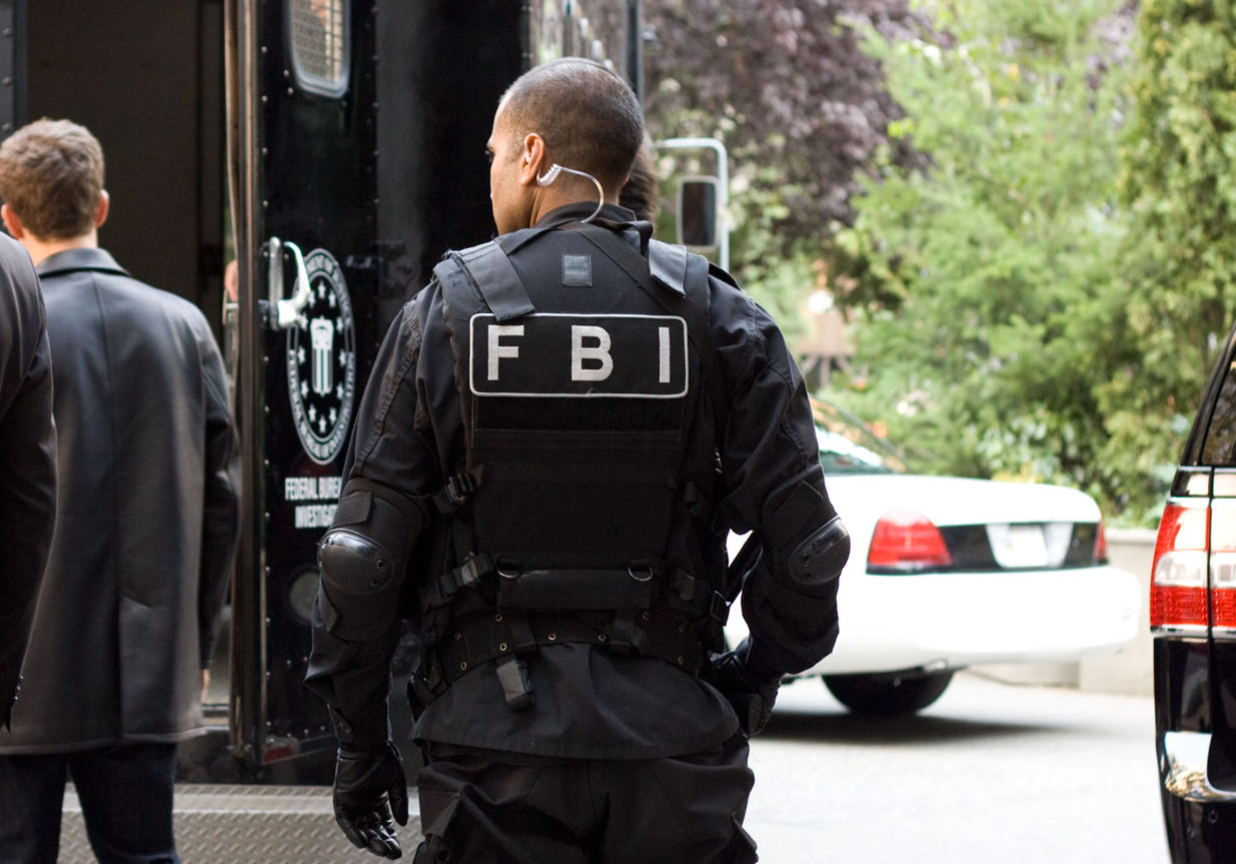
Hollywood might glamorize the lives of FBI agents – but it’s not always high-speed chases and men in black. The FBI is tasked with handling some of the nation’s most critical and dangerous operations. The agents are often involved in major criminal investigations, such as counter-terrorism and cyber-crime, and must be prepared daily to be put in front of danger and risk their lives to protect the country.
Teachers
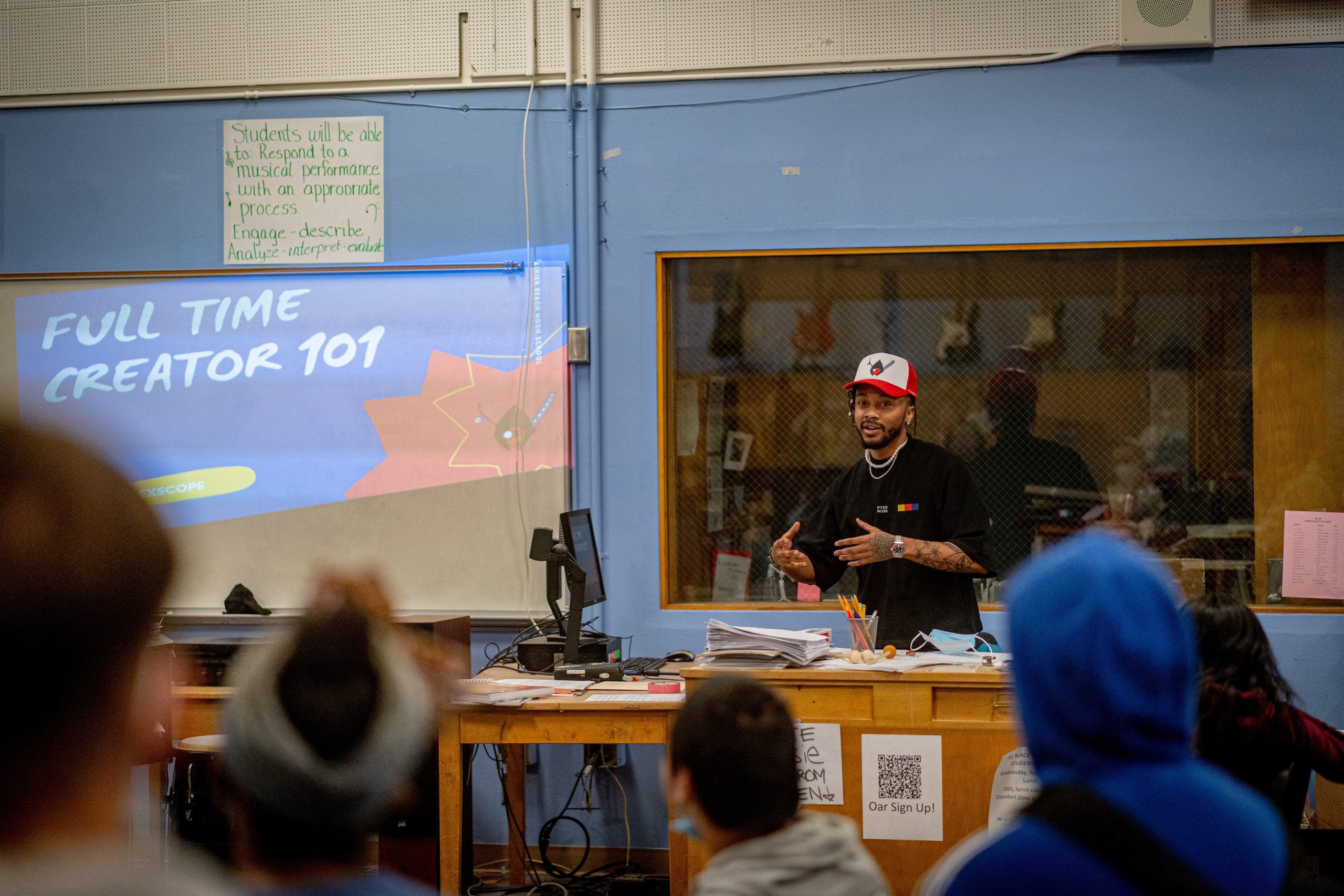
While some may consider teaching to be a safe profession, the unfortunate reality is that school lockdowns have made this job far more dangerous in America. Teachers must be prepared to handle these horrific and terrifying situations, protecting their students and themselves from harm. This adds an immense emotional and physical burden to an already challenging job.
Prison guards
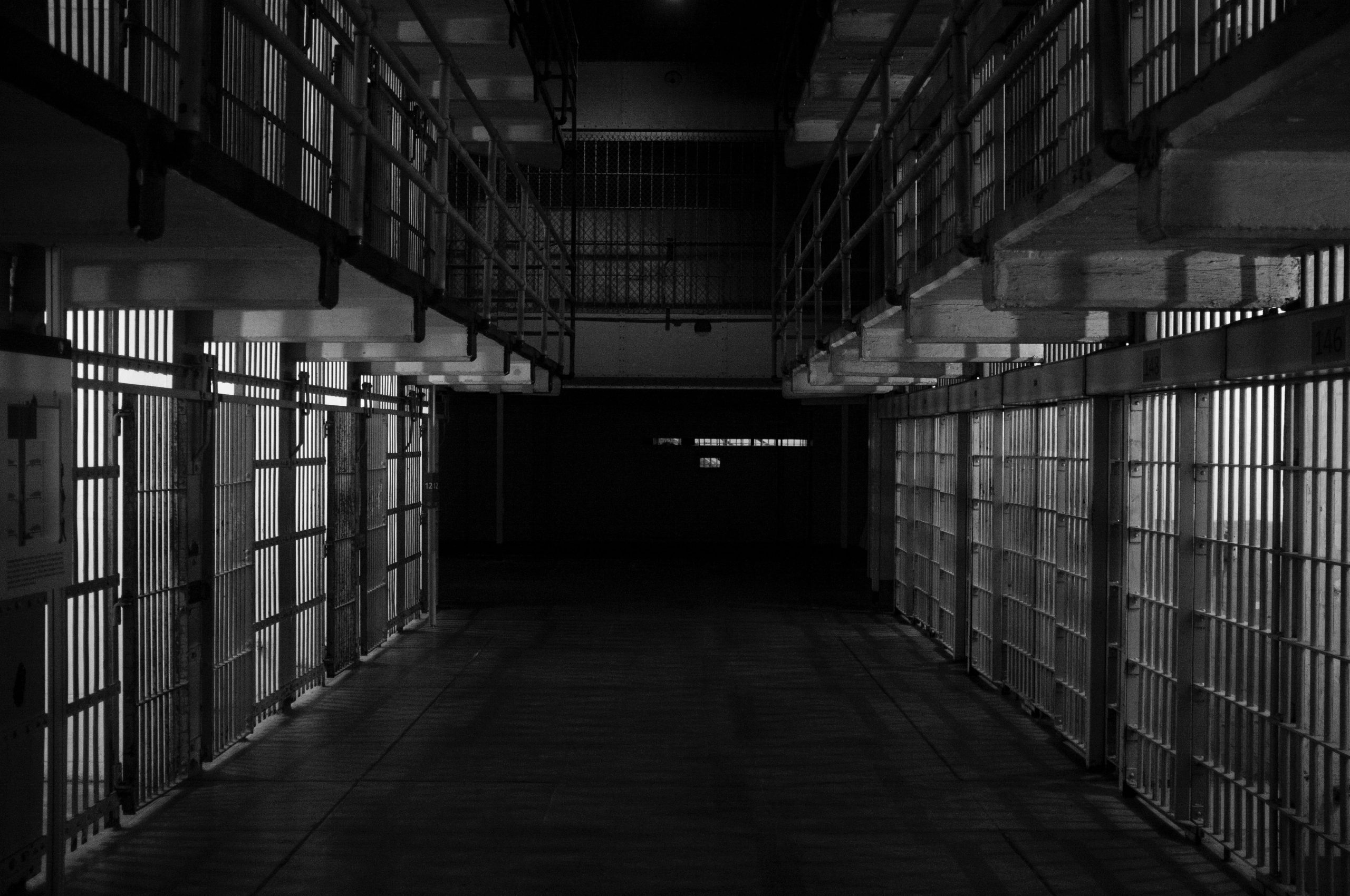
Operating amidst some of the most hardened criminals, prison guards face imminent threats daily – and must be consistently, well, on guard. From riots to targeted attacks, these guards constantly walk a tightrope, trying to maintain order while ensuring their own safety. Their work environment is, without a doubt, one of the most volatile, and their job is one of the riskiest.
Bomb squad
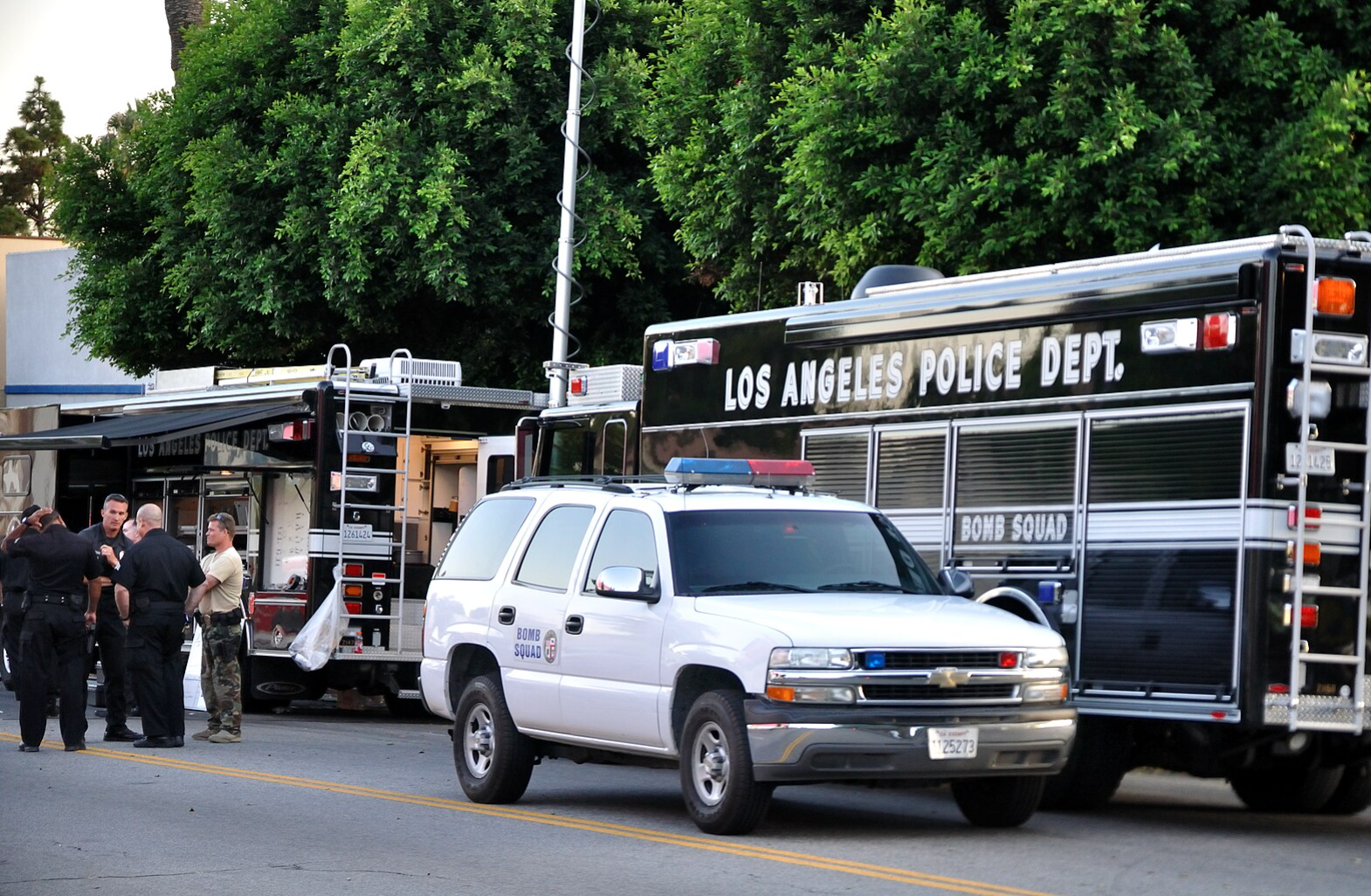
The tension in movies when a bomb squad member is diffusing a device? It’s even more palpable in real life. These professionals are tasked with the high-stakes job of safely deactivating explosive devices, and keeping the public safe. One wrong move, a malfunctioning tool, or an unpredictable device can have devastating, or even fatal consequences.
Undercover drug investigators

We’ve all laughed along at films like 21 Jump Street that manages to put a comedy twist on this job. But in reality, it is incredibly high stakes, with undercover drug investigators placing themselves in the world of narcotics, and in many cases, putting their lives in the hands of those running the illegal operations. The balance of maintaining their cover while gathering essential information is delicate, and the risk of exposure and danger is constant.
Sailors
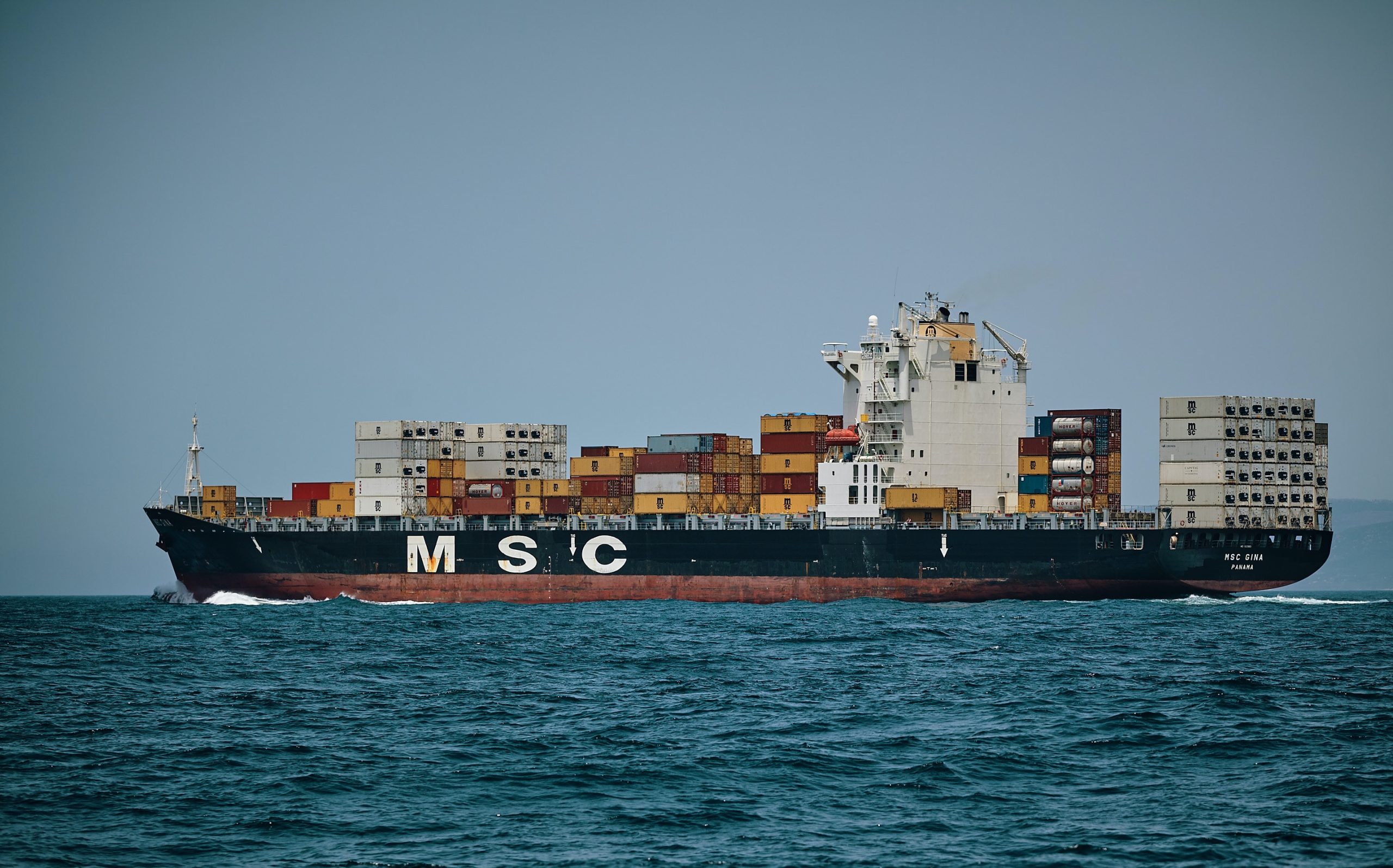
Being a sailor is not all smooth sailing. Working on commercial ships or fishing vessels means facing the dangers of the open sea, including extreme weather conditions, potential equipment failures, encountering pirates, and the risk of drowning. On top of these physical dangers, sailors often spend long periods away from home, which can take a toll on their mental health – a danger that can’t be overlooked.
Astronauts
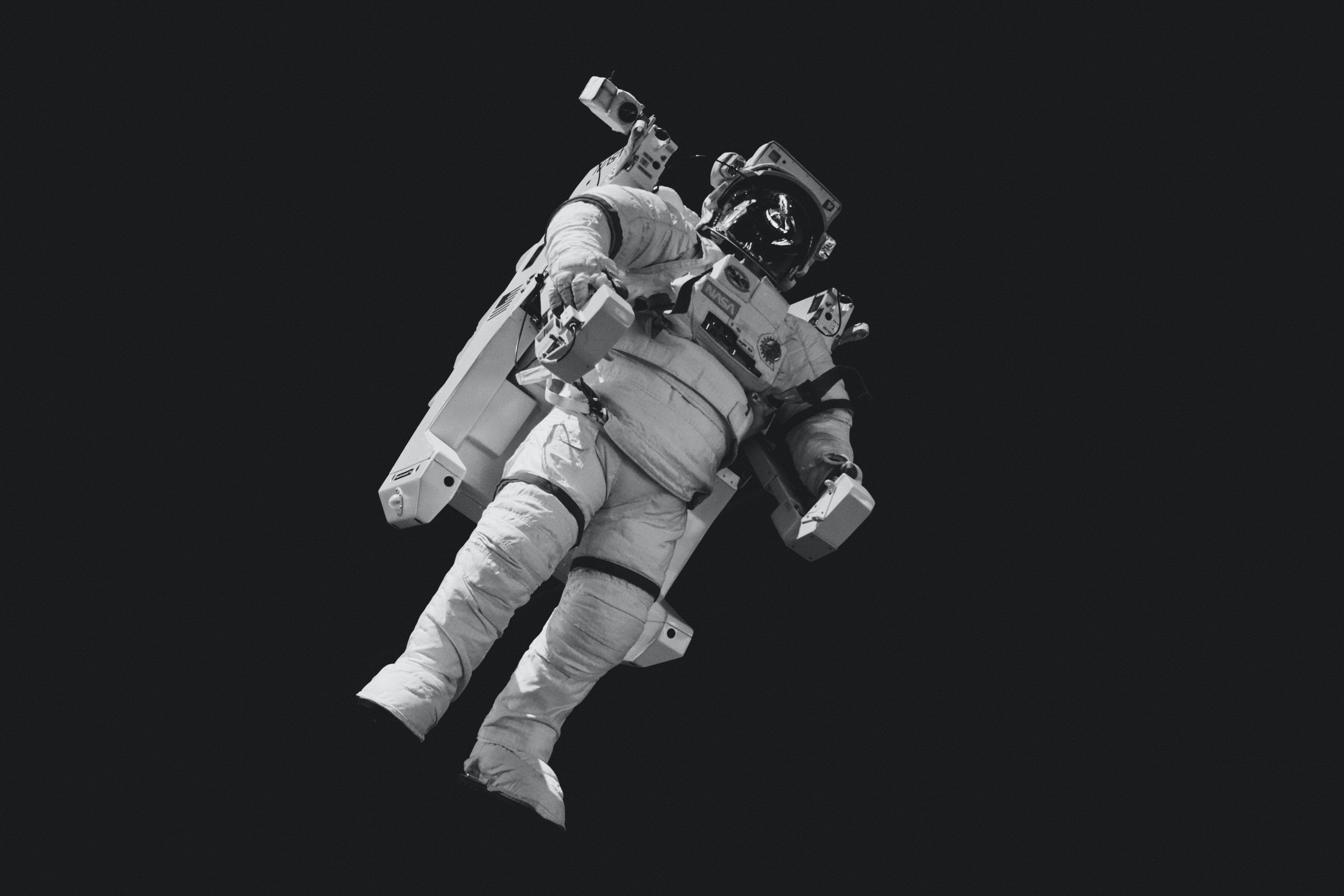
When we think of astronauts, we often think of the glory and excitement of space travel, but the risks involved in leaving the Earth’s atmosphere are immense. From potential technical failures during launch or landing, to space radiation, and the isolation from Earth, astronauts face unique dangers that make their job one of the most risky.
Demolition workers
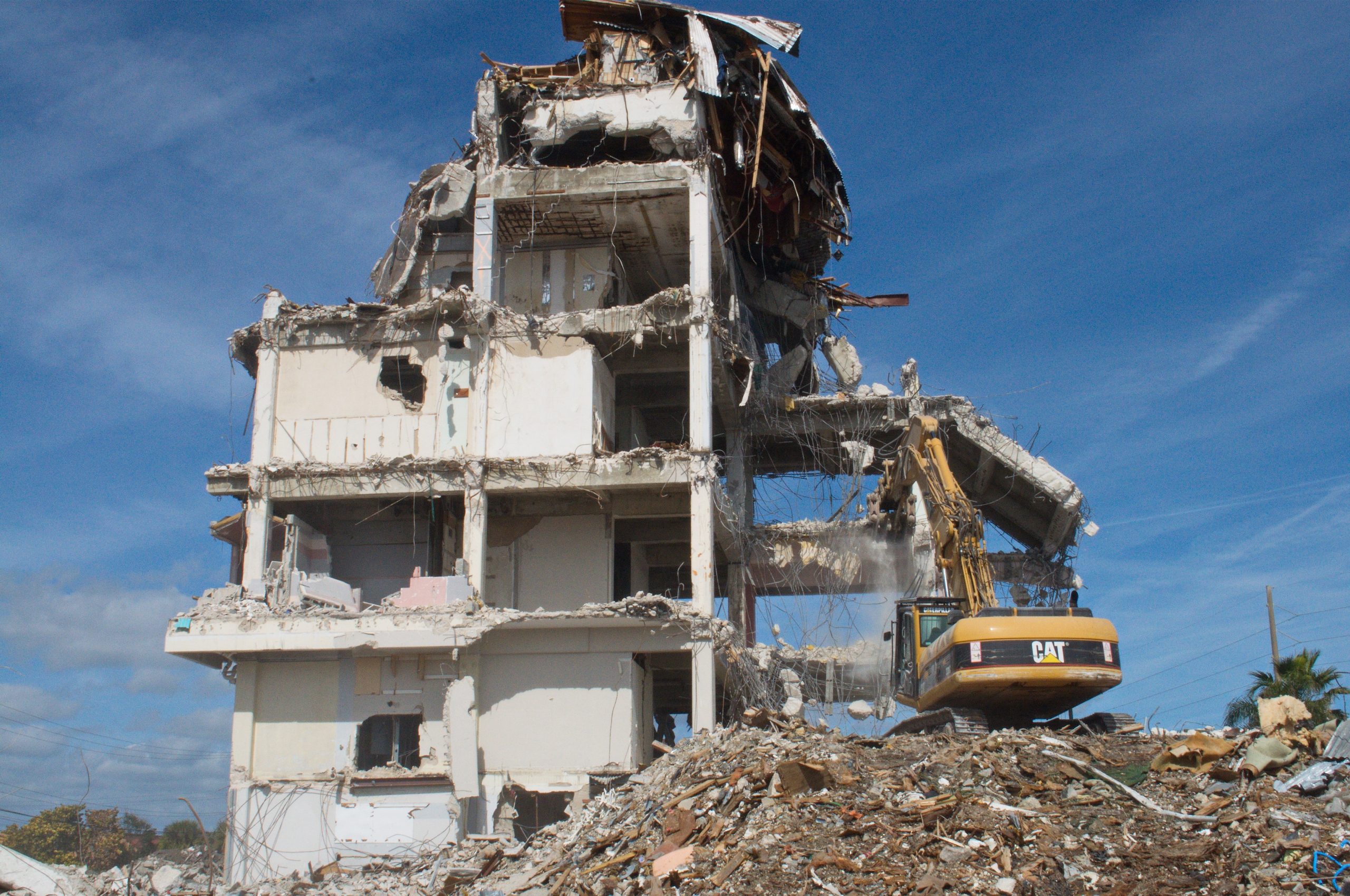
It’s not just about swinging a sledgehammer. Demolition workers are responsible for safely tearing down structures, often filled with hazards like asbestos or unstable supports. Each project brings unexpected challenges and the constant potential for disaster. Precision, expertise, and safety precautions are critical, but even with these, there’s always a risk of unforeseen complications.
Explosives handlers
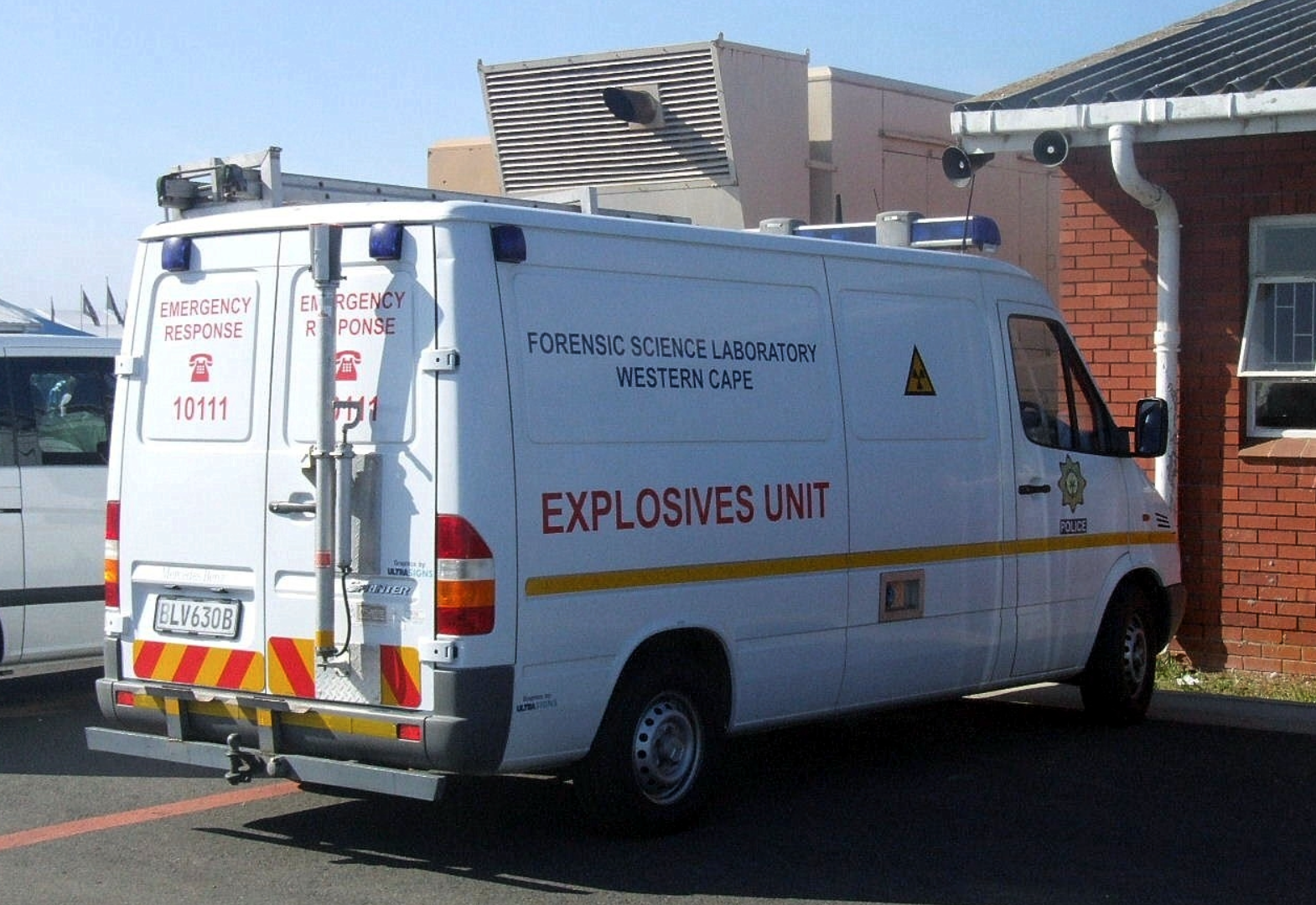
Handling explosive materials is, well, by definition, explosive in nature. Explosives workers operate in conditions where what could be a tiny error or malfunction could have catastrophic consequences. While strict protocols and safety measures are in place, the inherent risks cannot be fully eliminated. Each day they step into the field, they’re taking a risk.
Skyscraper window washers
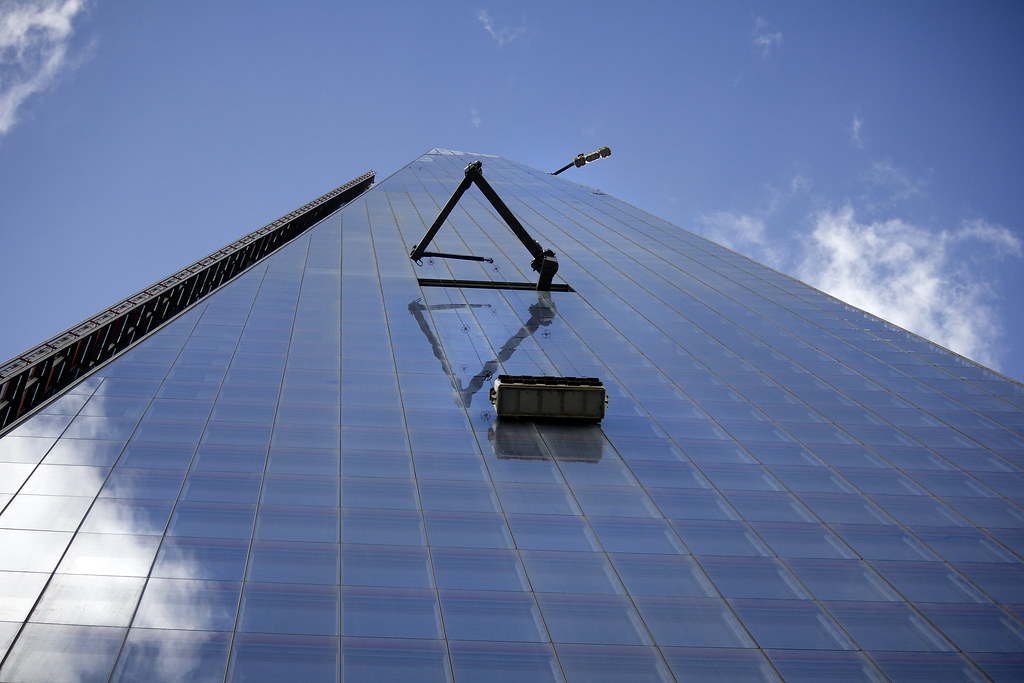
Skyscrapers dot the city skyline, often shining and sparkling in the sun, largely thanks to those who clean them. High-rise window washers work hundreds of feet above the ground, battling winds and other unpredictable elements. Yes, they’re secured by harnesses and they follow safety guidelines, but the incomprehensible heights at which they operate justify their place on this list.
Cell tower climbers
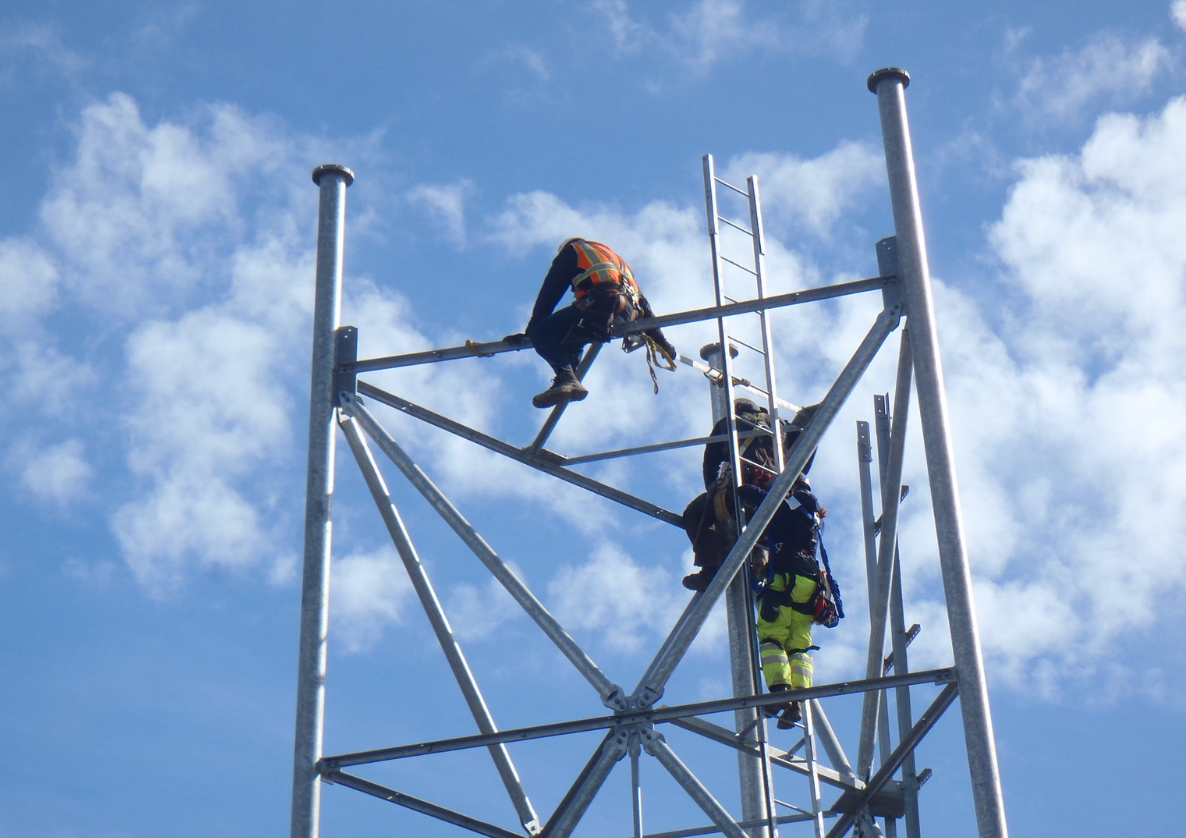
Not many of us go but a few hours without our cell phone these days. We all rely on our cell signal to be working as and when needed. The people making sure we stay connected are cell tower climbers who go to pretty big heights to maintain and repair equipment. Just like the high-rise window washers, these workers face dangers associated with both height and electrical equipment. Even one slip could be deadly.
Cave divers
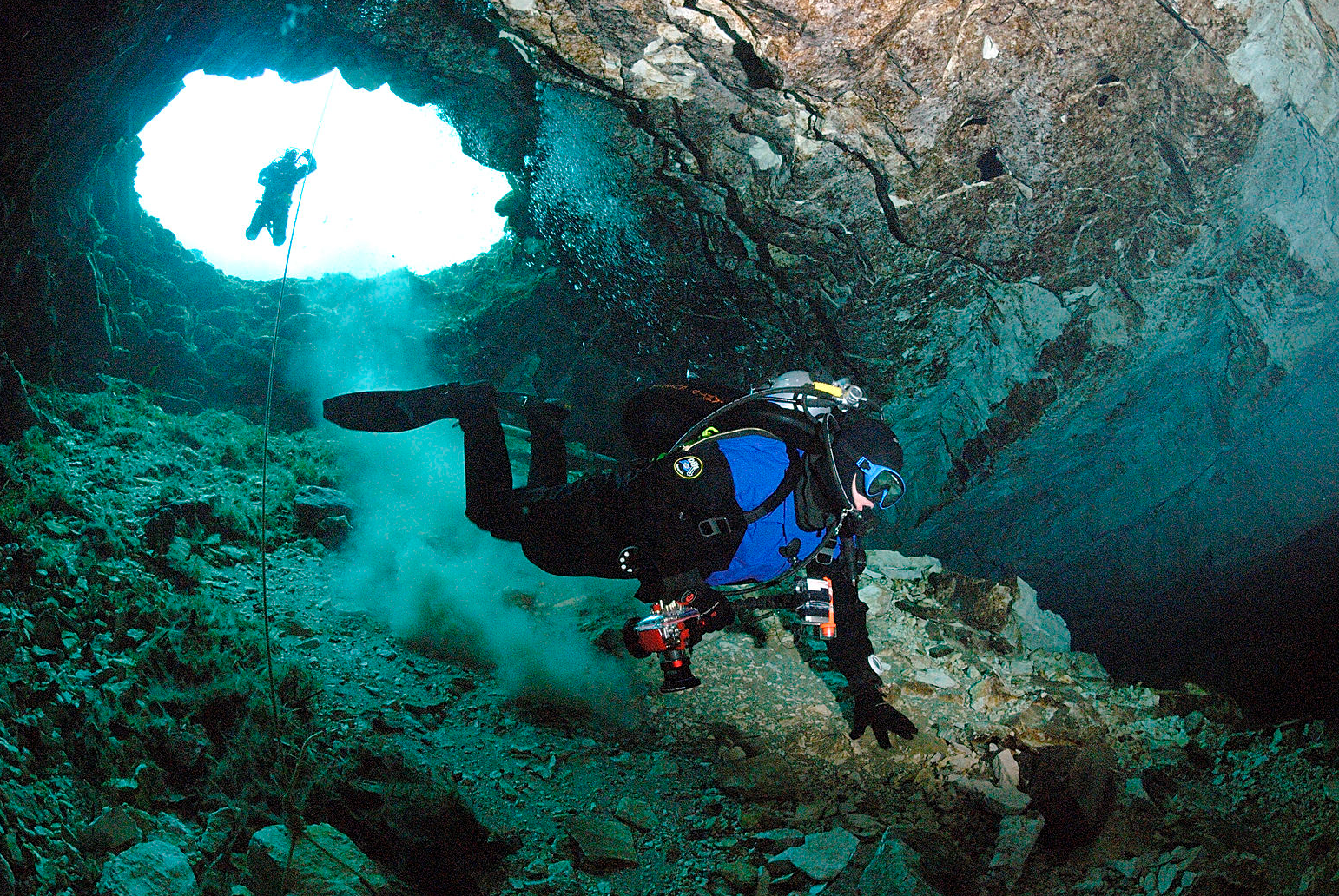
Cave divers explore submerged caves, which a lot of people do occasionally for fun, due to the beauty and mystique on show. However professional cave divers do this daily for the purpose of scientific research. Yes, it’s an exciting job, but it’s one that comes with significant risks. With potential equipment failures, unpredictable cave conditions, and the danger of getting lost, this job is not for the faint of heart.
Hot zone epidemiologists
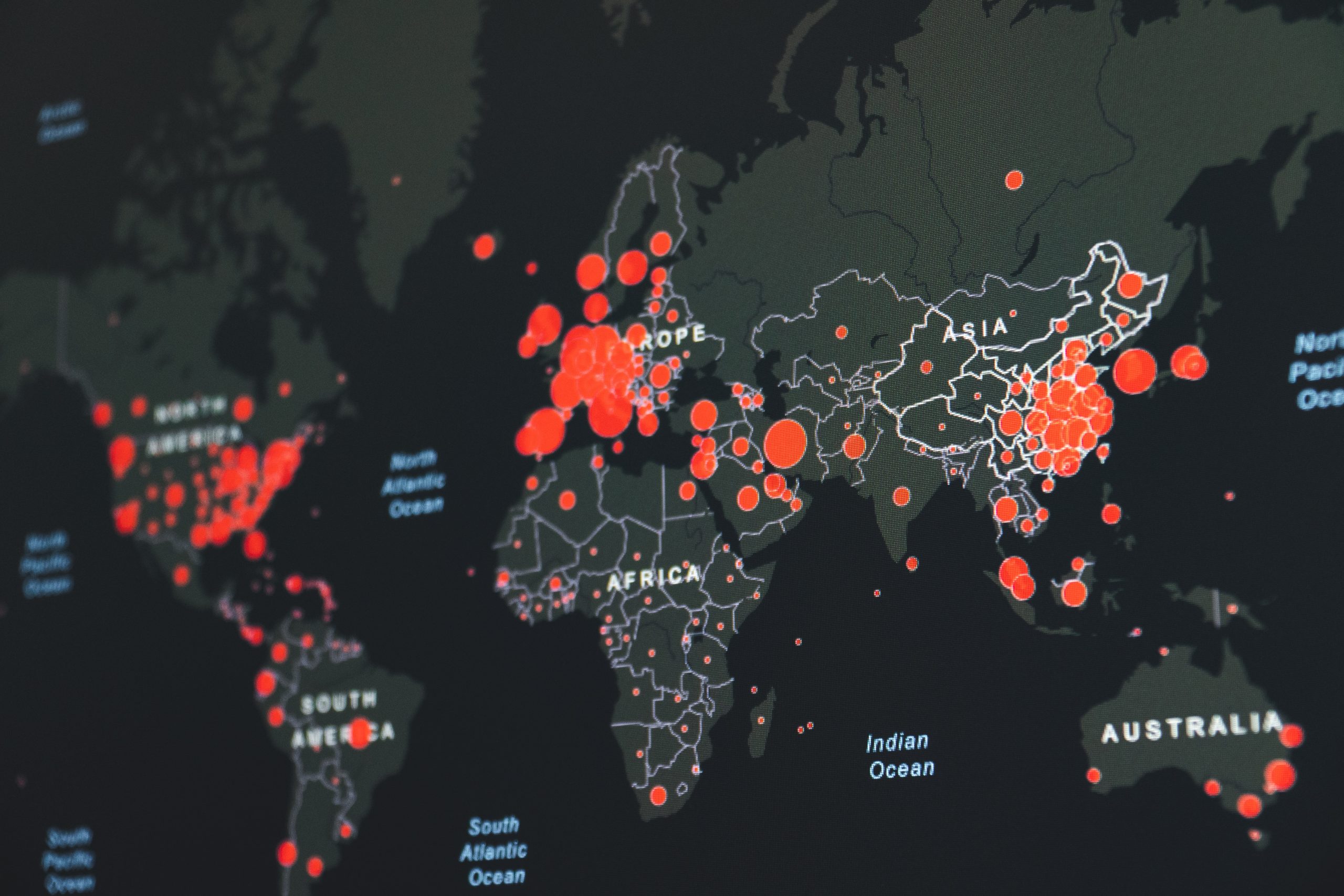
These scientists are the ones who delve into the world of infectious diseases, often traveling to outbreak zones to study and help contain deadly viruses. Working in close proximity to diseases, this job involves risking their own health and well-being for the greater good of public health.
Bounty hunters
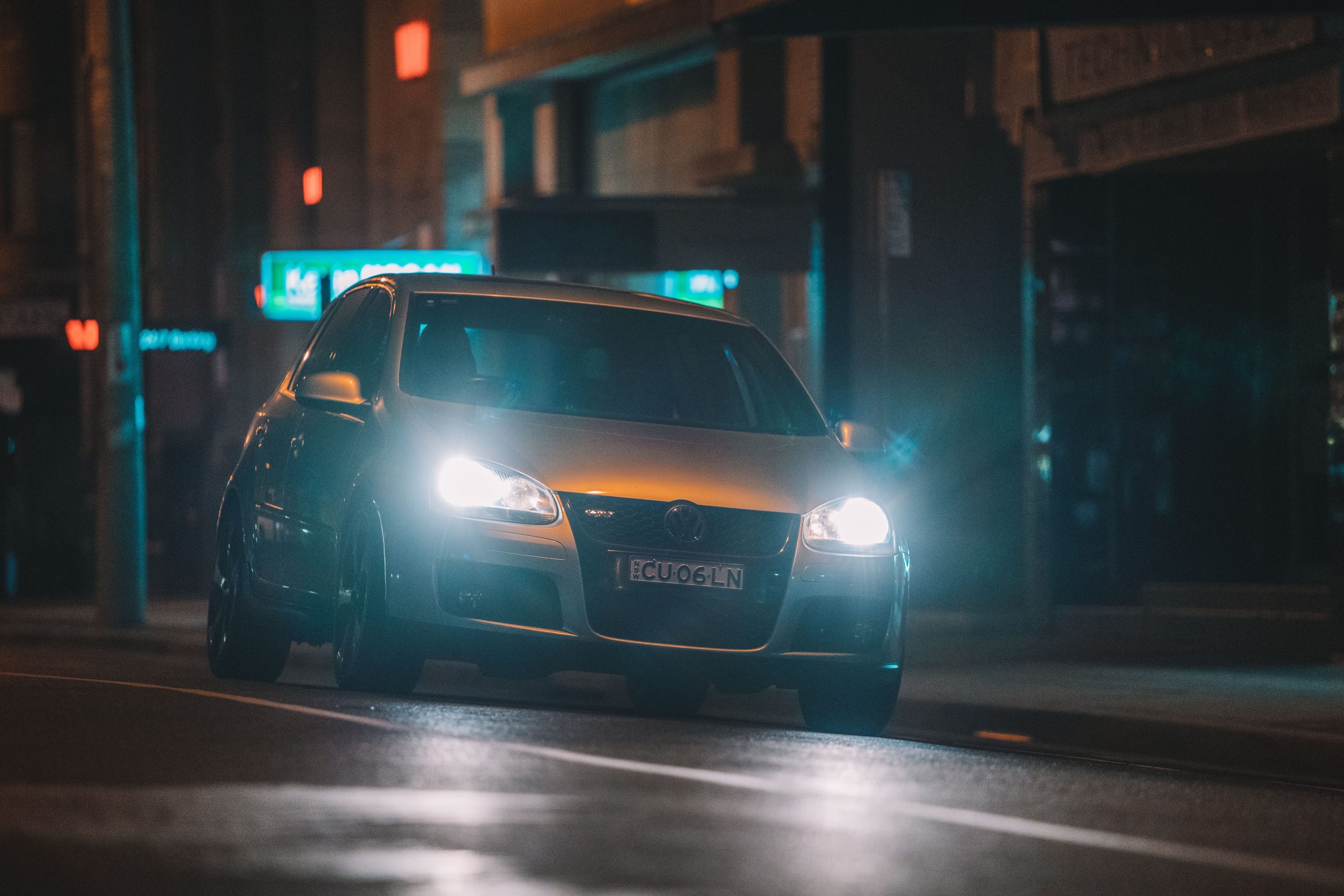
Also known as bail enforcement agents, bounty hunters track down and apprehend people who have skipped their bail. They often work in dangerous environments and face the obvious threat of violence from those they’re trying to catch. The unpredictability of their job, coupled with the potential for confrontations, places them in some pretty dangerous situations.
Aerial firefighters
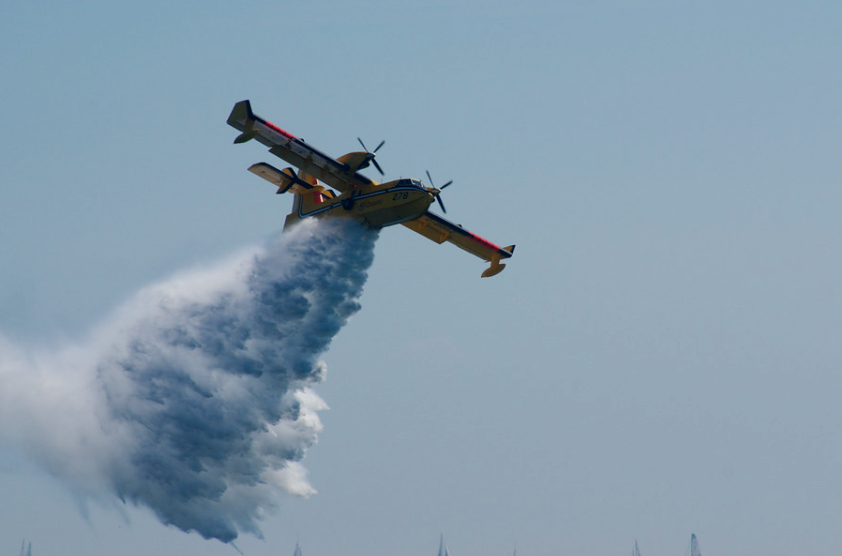
Aerial firefighters take to the skies to battle wildfires, providing a crucial service in protecting both land and property. Operating in smoky, turbulent conditions, these pilots face the danger of low visibility and potential equipment failure. The unpredictable nature of wildfires also adds an element of risk to their job.
Ice road truckers
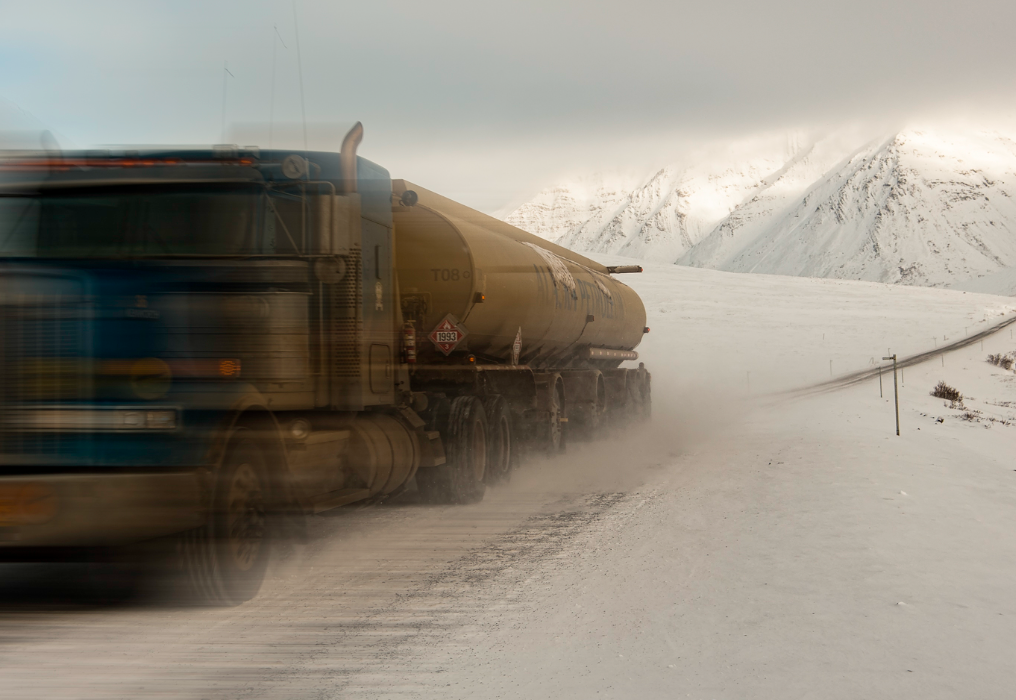
Driving on thin ice – quite literally. Ice road truckers transport essential goods over lakes and rivers that are frozen only for brief periods each year. The weight of the truck, the unpredictability of the ice thickness, and the freezing temperatures make every journey a nail-biting experience, where one wrong move could lead to disaster.
Sewer inspectors
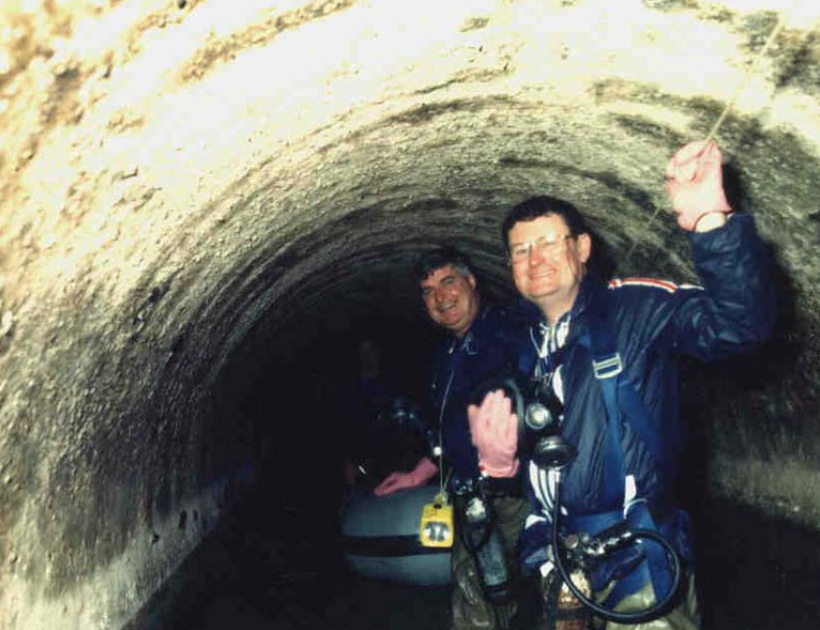
Going down into the depths of the city, sewer inspectors face dangers that most of us would prefer to remain unaware of. From toxic gases and potential explosions to encounters with rats, their job is essential but hazardous. By keeping the sewage systems running smoothly, they brave conditions few of us would voluntarily choose to experience.
Loggers
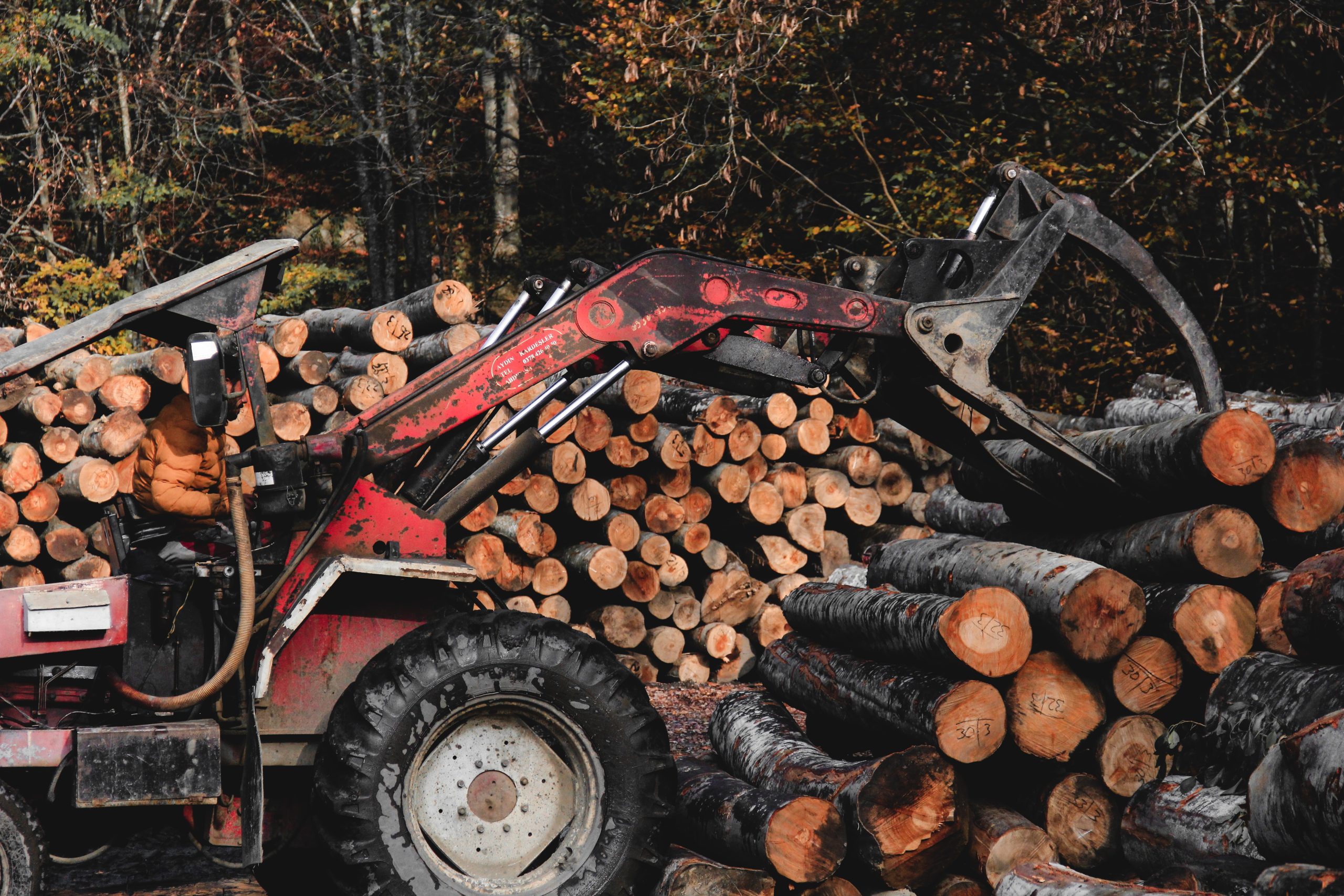
Forests are beautiful and are places of calm for most people, but for loggers, they’re an environment filled with potential danger. Operating heavy machinery, felling massive trees, and working in remote areas contribute to a fatality rate that is a massive 28 times higher than the average worker rate – making this one of America’s most dangerous jobs.
Alaskan king crab fishers
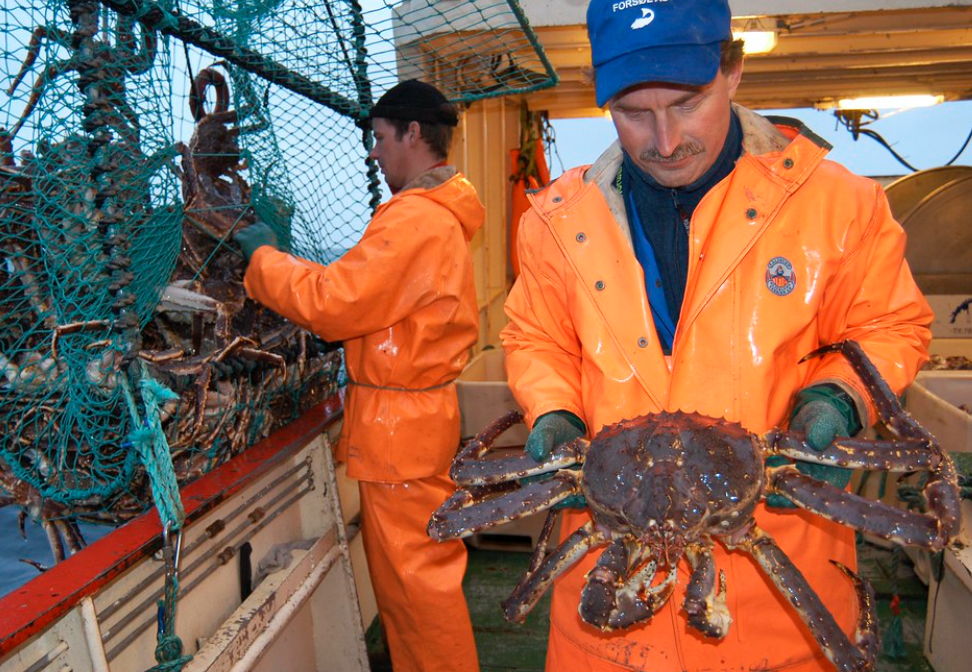
The icy waters of the Bering Sea are not for the faint-hearted, and the men and women who work in the Alaskan king crab fishing industry face some of the most brutal conditions imaginable. From freezing temperatures and massive waves, to the risk of drowning and hypothermia, these fishers put their lives on the line to catch one of the most sought-after seafoods in the world.
Offshore oil riggers
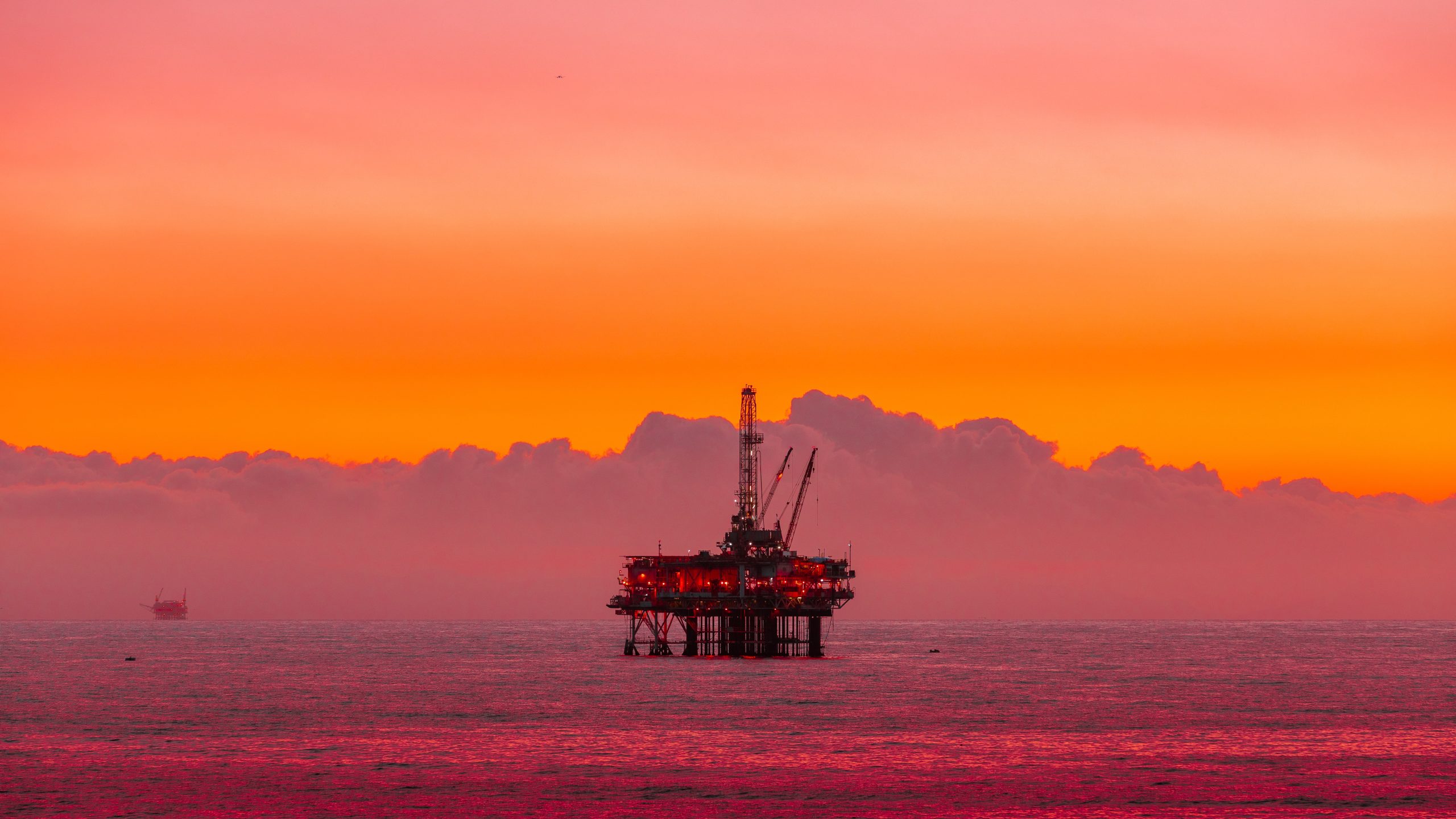
When the average person thinks of oil rigging, they might picture towering structures surrounded by the blue ocean. In reality, offshore oil riggers are sometimes faced with ridiculously harsh conditions, from freezing water to massive storms, as well as the risk of fires and explosions. Coupled with the isolation, this job is definitely not for the faint of heart.
Zookeepers
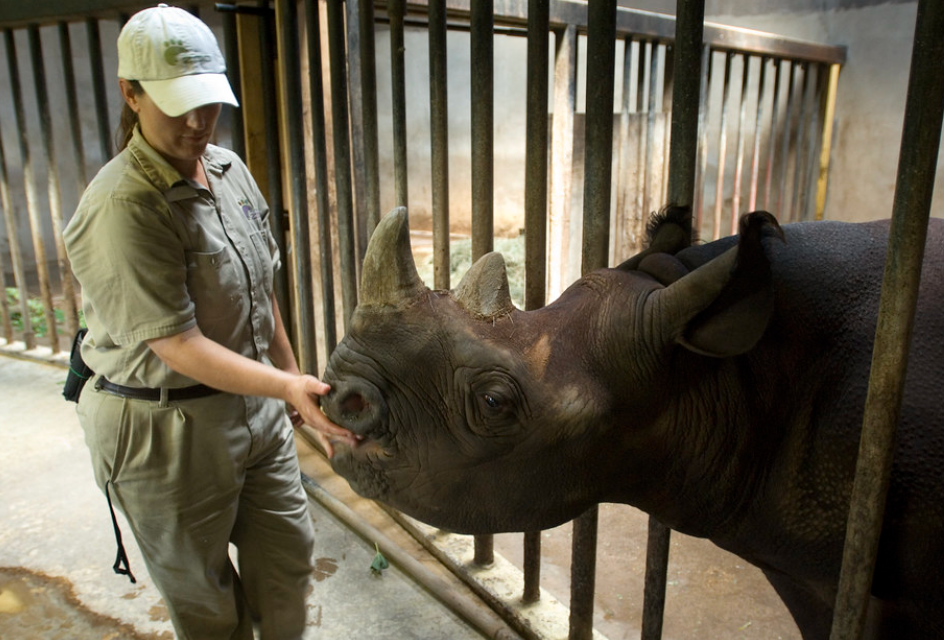
The job of a zookeeper might seem like a dream for animal lovers, but it comes with its own set of dangers. Handling animals, especially potentially aggressive ones, requires a whole lot of skill and courage. From potential attacks to the risk of disease, zookeepers are basically frontline workers when it comes to animal care.
Nuclear reactor workers
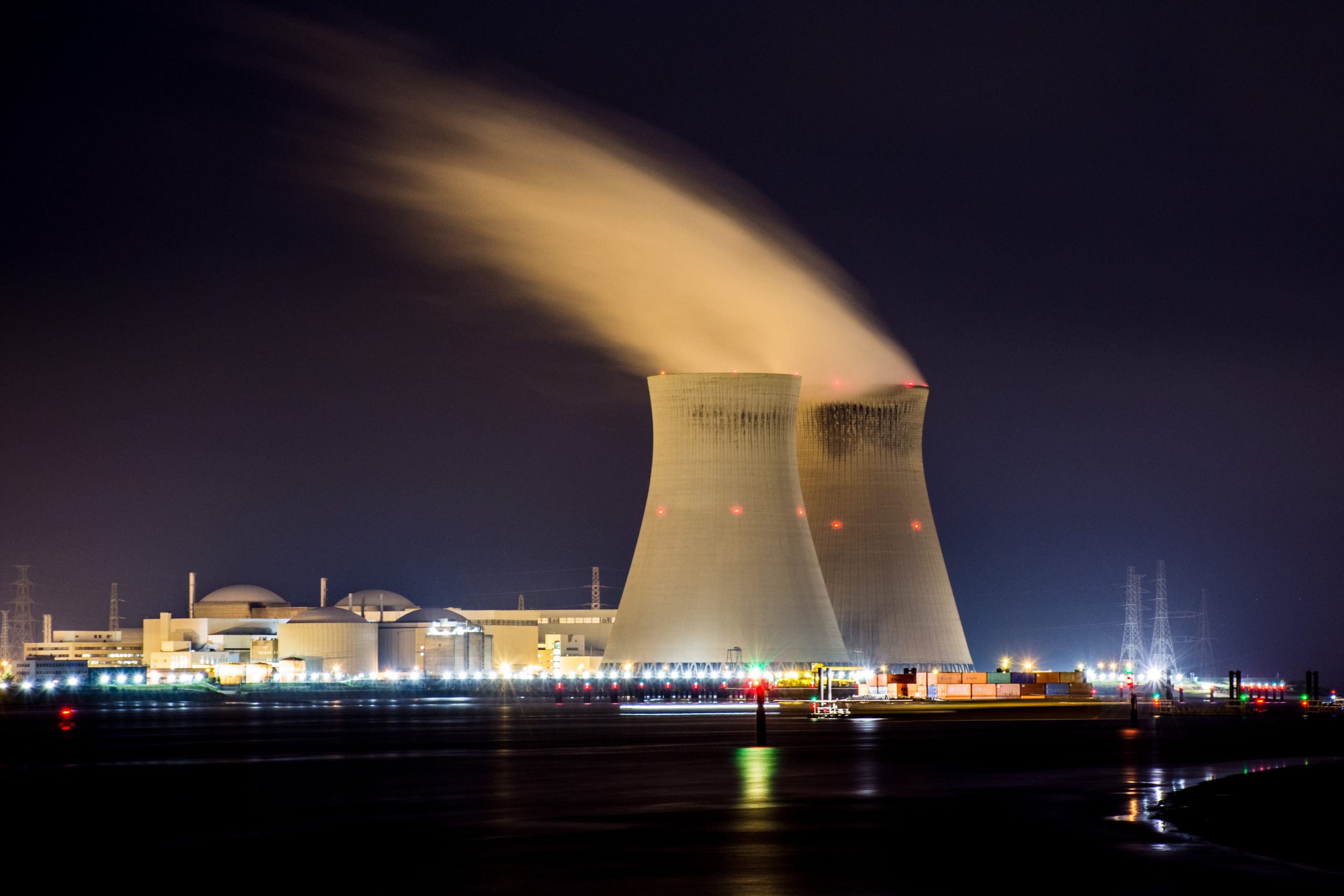
Working at a nuclear reactor involves dealing with radioactive materials, which can be extremely dangerous to health. Despite strict safety protocols, there is always a risk of exposure to radiation, as well as the potential for catastrophic events like meltdowns. The stakes are incredibly high here.
Cattle ranchers
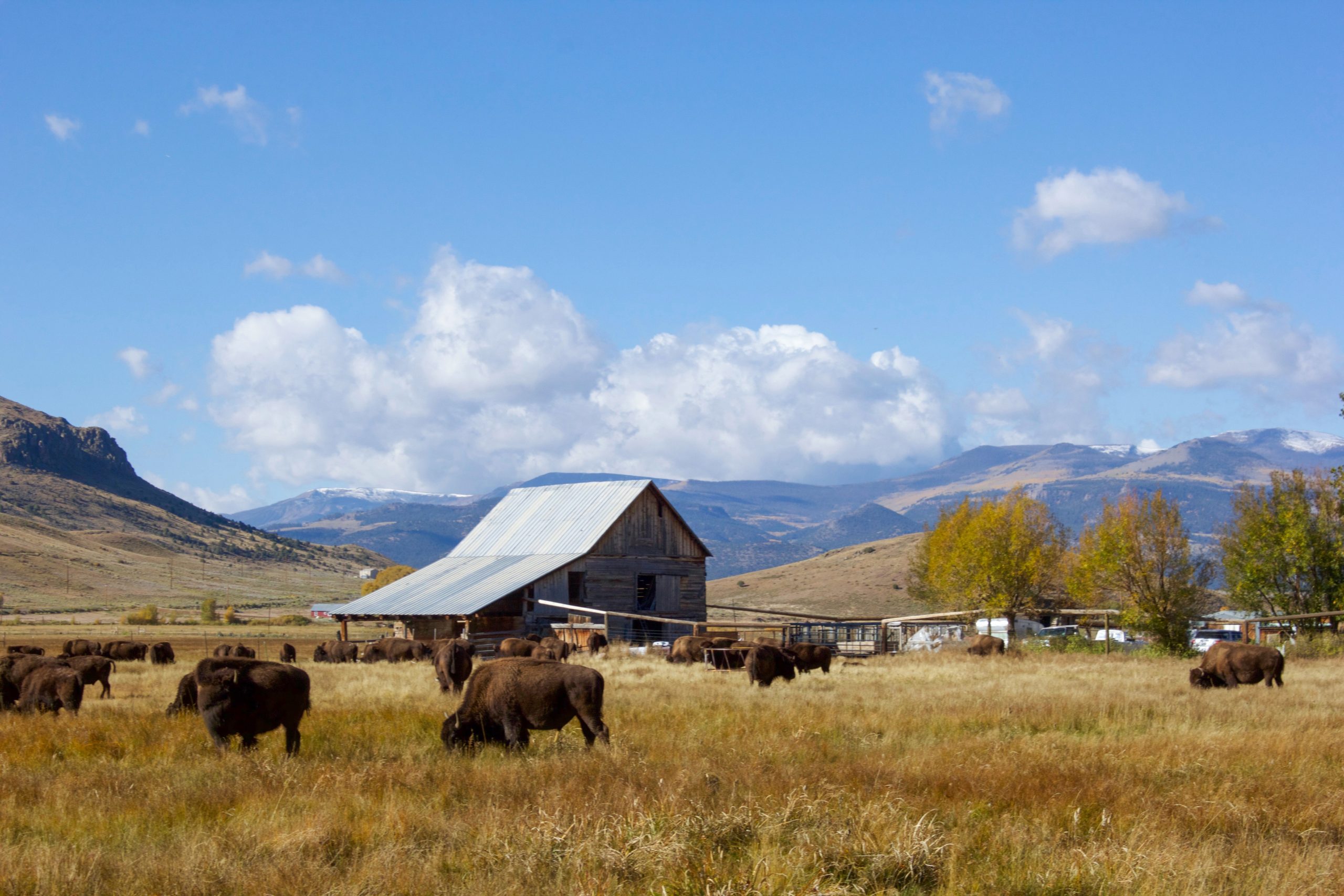
Cattle ranching may not immediately spring to mind when thinking of dangerous jobs, but it definitely has its risks. From handling large, unpredictable animals, to the potential for injuries from machinery and the elements, cattle ranchers face a range of dangers on a daily basis. The remote locations of many ranches can also mean help is far away in case of an emergency.
Birds of prey trainers
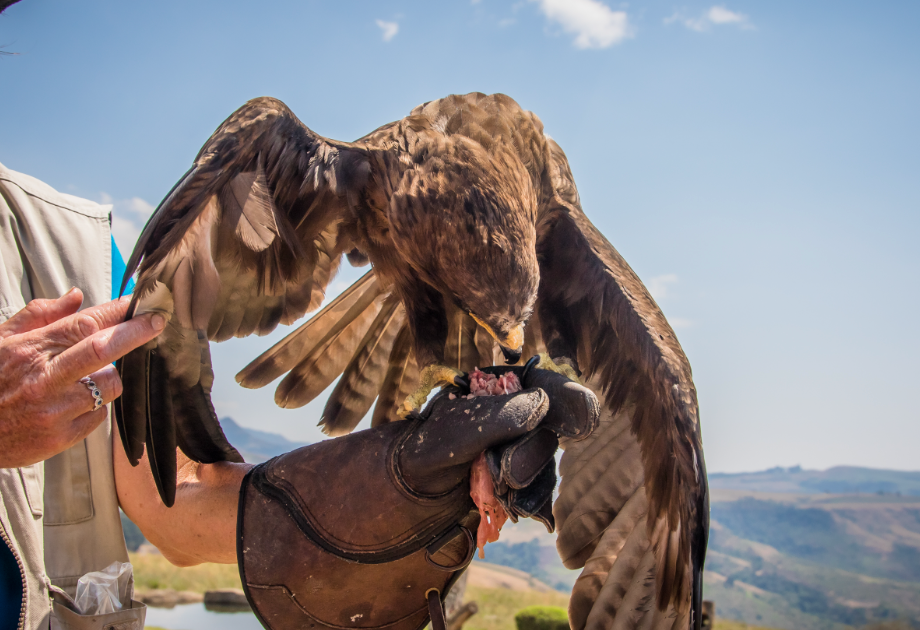
Training birds of prey requires a unique set of skills and a lot of courage. These birds, while beautiful, are also incredibly powerful and can be dangerous if not handled properly. From the risk of injury from their talons and beaks, to potential legal issues if the birds manage to escape and terrorize the public, trainers must be on guard at all times.
Police officers
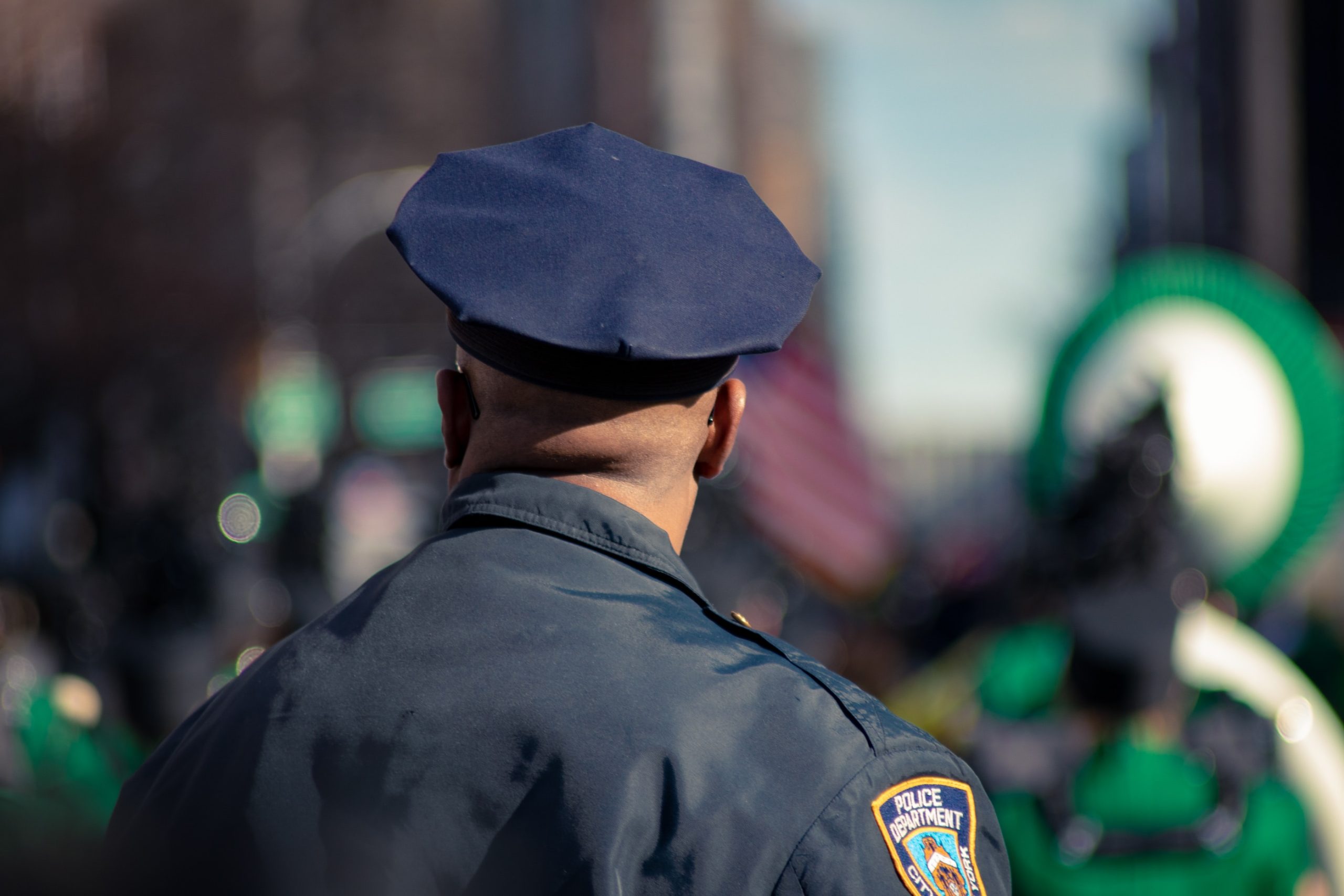
Protecting and serving the community comes at a cost. Police officers confront dangerous situations head-on, from high-speed pursuits to potential confrontations with criminals. With a risk factor that’s 4.1 times higher than the average job, every shift holds the potential to turn into a dangerous situation.
Whitewater river guides
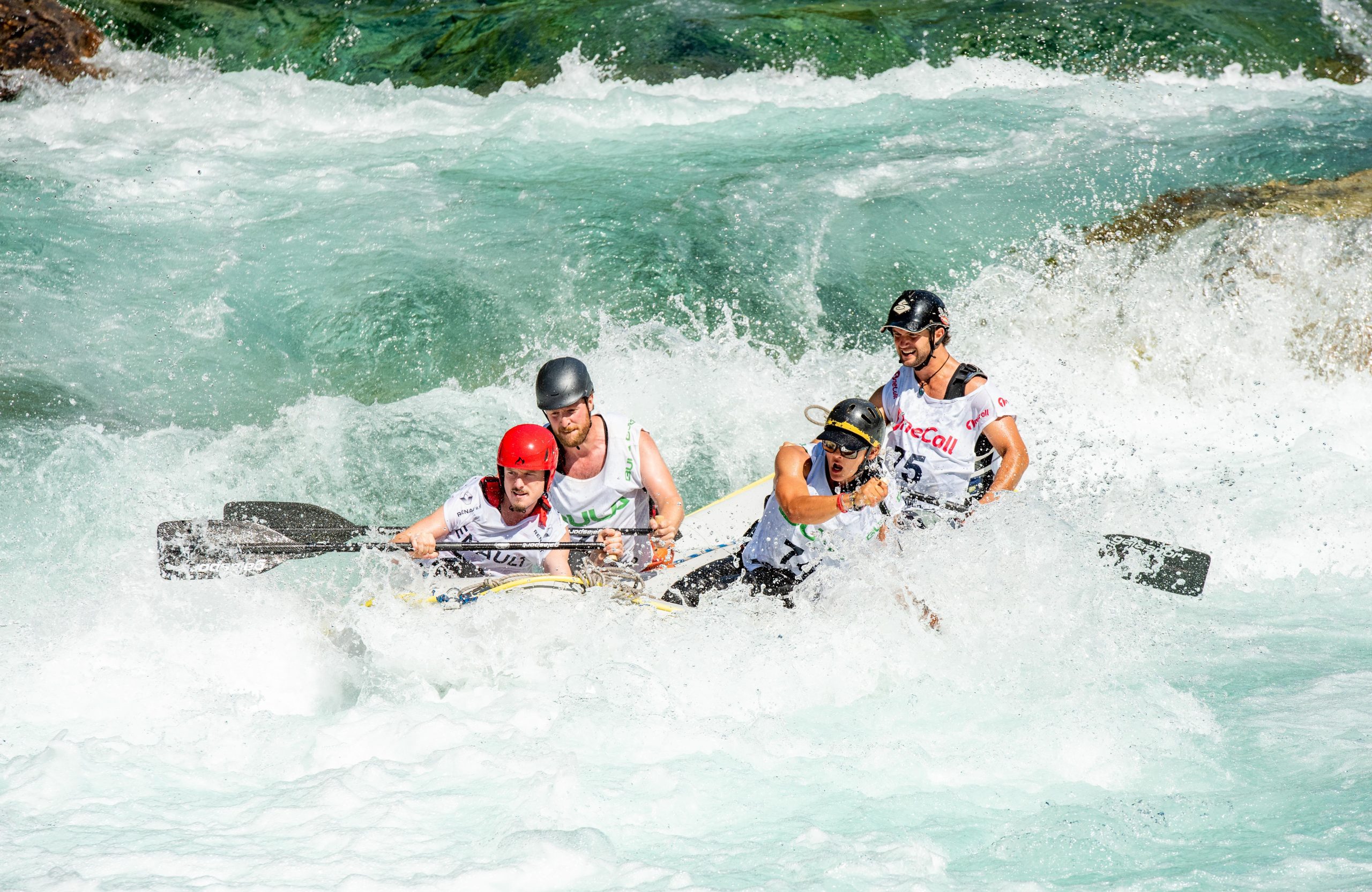
Guiding thrill-seekers down whitewater rivers sounds exciting, but it’s definitely not an easy feat. Whitewater river guides must be experts in navigation, safety, and rescue, all while managing the risks posed by unpredictable fast-moving water, rocks, and other obstacles. The potential for capsizing and the remote locations of many rivers means that this job definitely earns its place on this list.
Roofers
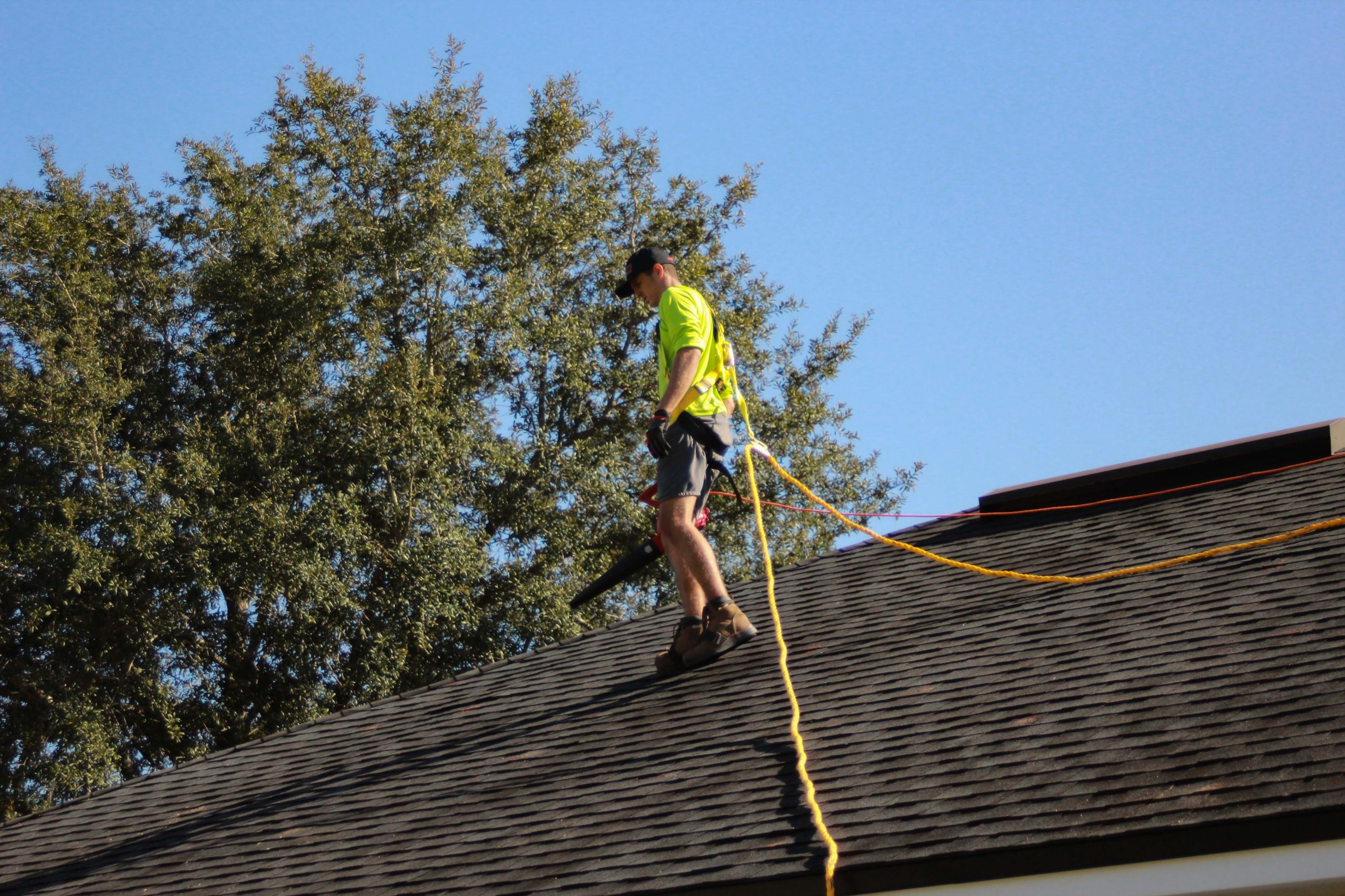
While many of us enjoy the safety of working behind a desk, roofers spend their days working on top of buildings. The risk of falls, coupled with the use of heavy equipment and exposure to harsh weather conditions, makes roofing a dangerous profession. Plus, despite the use of safety harnesses and other protective gear, accidents can and do happen.
Pilots
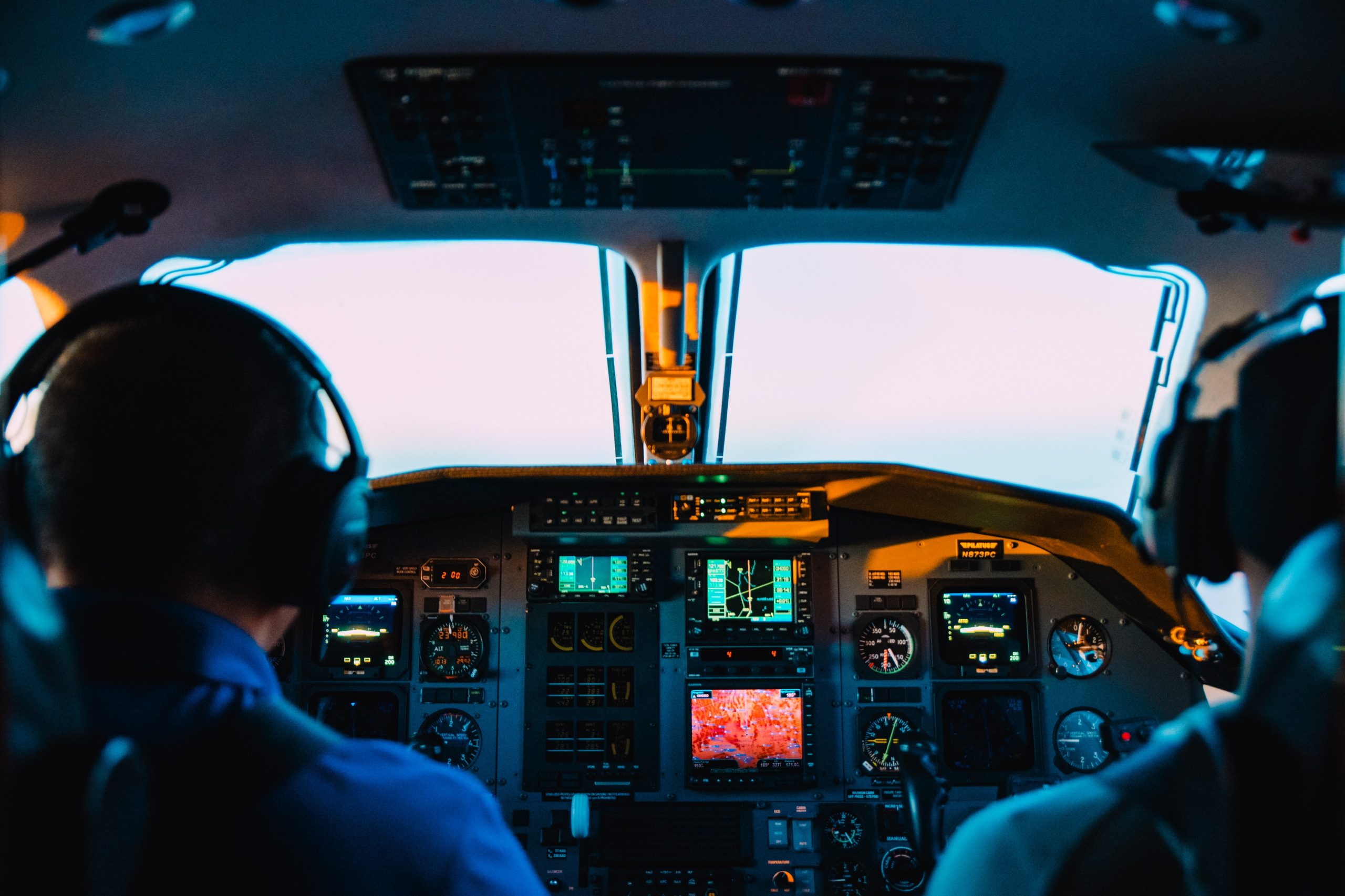
Taking to the skies might sound like a dream job, but piloting an aircraft comes with its fair share of dangers. Whether navigating through challenging weather conditions, handling potential equipment malfunctions, or dealing with the enormous responsibility of hundreds of lives onboard, pilots constantly grapple with high-stakes situations. The margin for error is minuscule, making their role one of precision and extreme vigilance.
Structural iron and steel workers
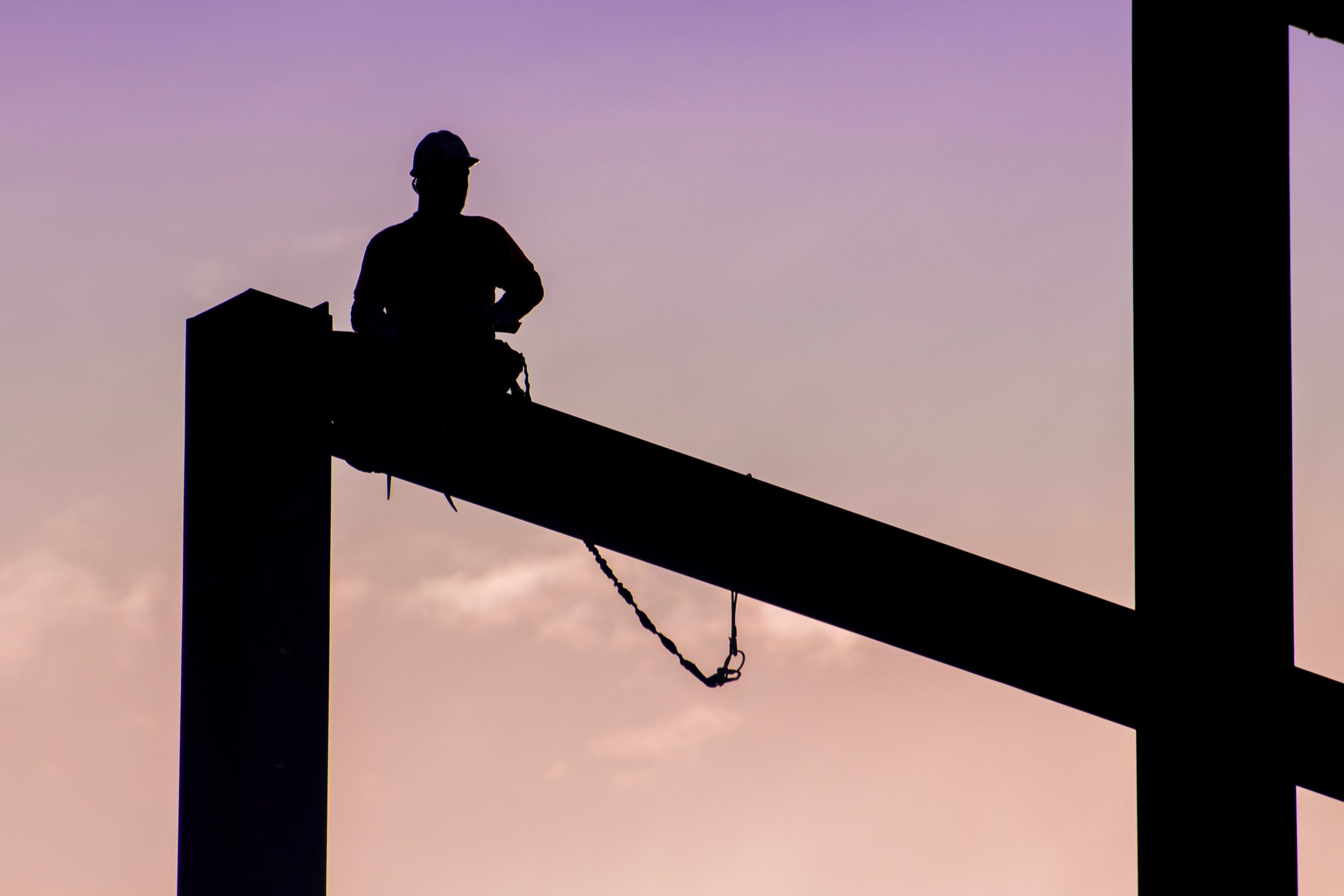
Building the skeletons of skyscrapers and bridges is no easy feat. Structural iron and steel workers work at dizzying heights, often hundreds of feet above the ground. The risk of falls, as well as injuries from heavy equipment, are daily challenges they face. While safety measures are always in place, the potential for danger is very present on the job.
Refuse collectors
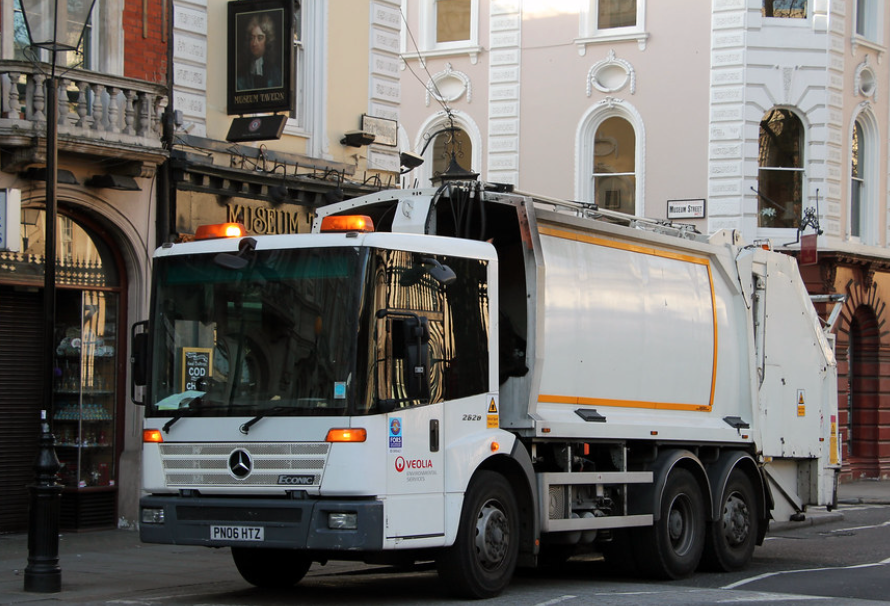
While it might not sound glamorous, refuse collection is a vital operation, but it’s not without its dangers. From potential accidents involving their heavy machinery to exposure to hazardous waste and materials, refuse collectors navigate a minefield of risks each day. Their commitment means our streets stay clean and litter-free, but it does come at a price.
Highway maintenance workers
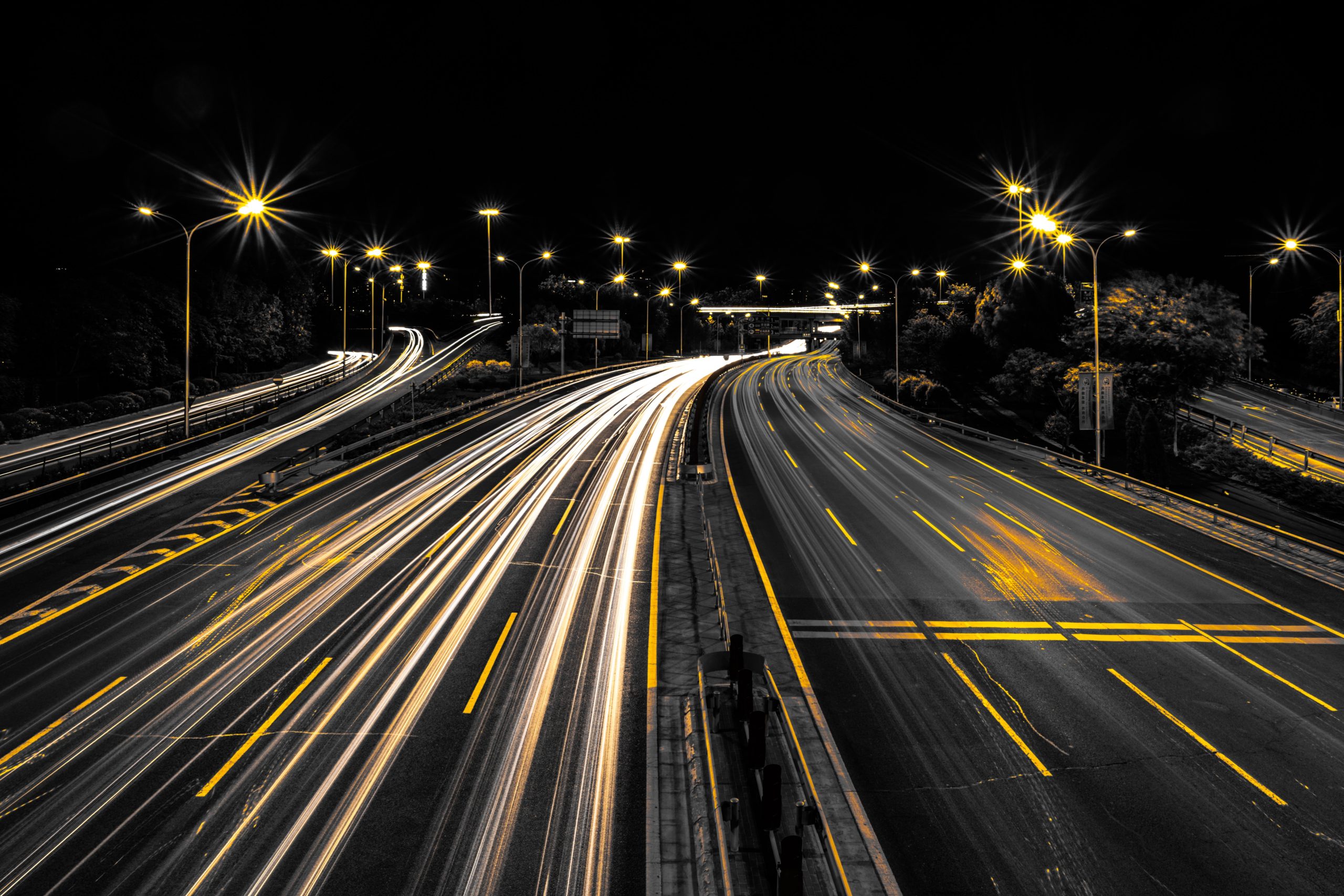
Our road networks keep us moving, and maintaining them is no easy task. Highway maintenance workers experience the dangers of passing traffic, heavy machinery, and the elements. Whether filling potholes or constructing new lanes, they work in high-risk zones, with speeding vehicles just a few feet away.
Pest control specialists
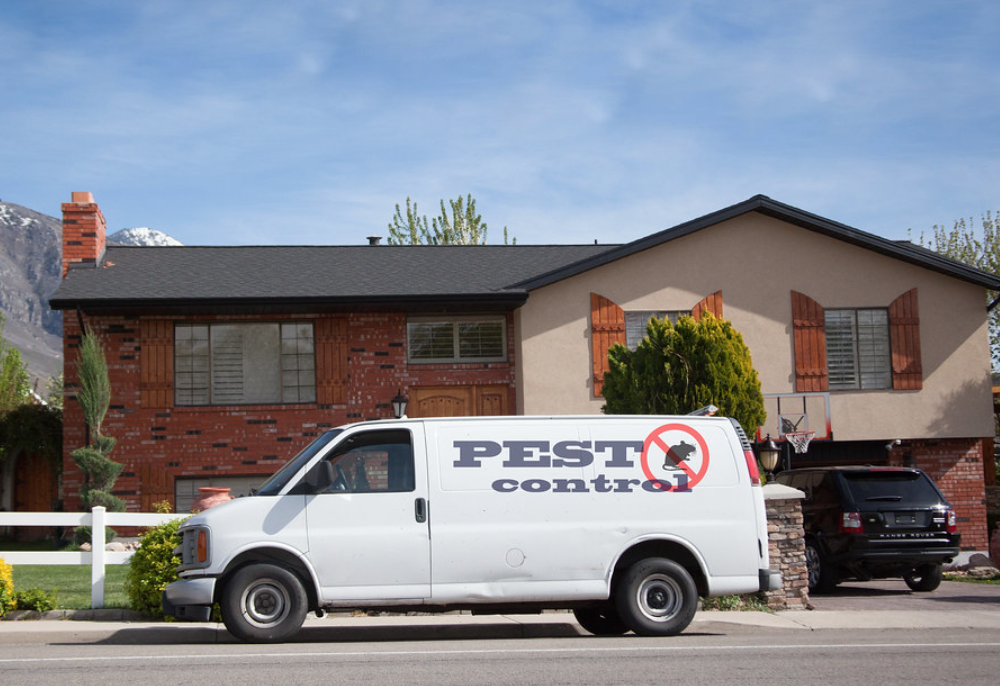
Dealing with pests often means getting up close and personal with creatures most of us would rather avoid. But past that, pest control specialists often have to handle chemicals that can be hazardous. Whether it’s getting rid of a wasp nest or treating a home for termites, they face potential stings, bites, and chemical exposures.
Delivery drivers
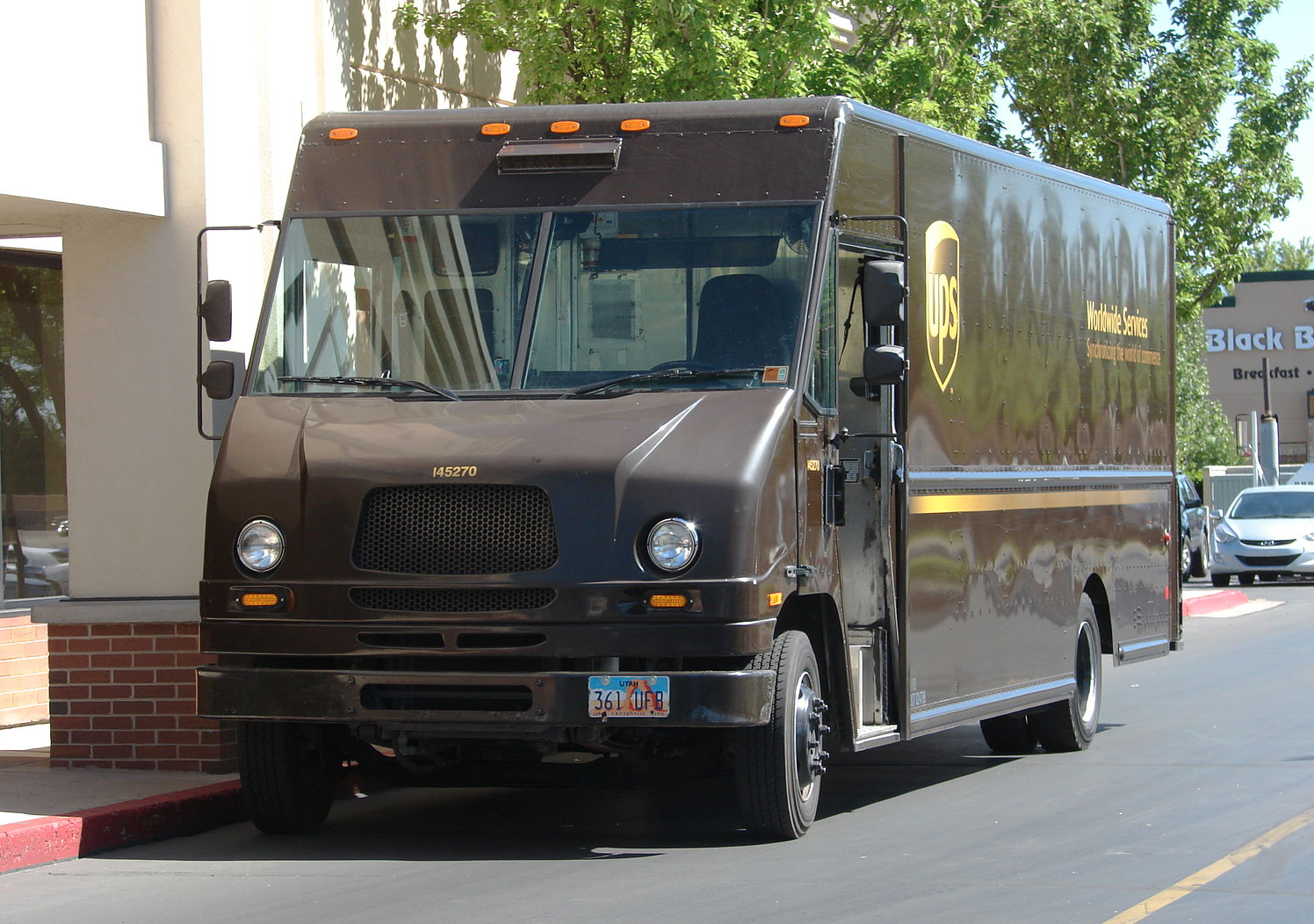
While we grow increasingly reliant on quick deliveries, the drivers responsible for getting packages to our doorsteps face various risks. Navigating busy roads, unpredictable weather, and heavy lifting, are just some of the dangers. The rush to meet tight deadlines can also up the level of danger they face on the road.
The President

When you think of dangerous jobs, the President’s role might not immediately spring to mind. After all, they’re surrounded by Secret Service agents and security details. However, the responsibility they hold, combined with the negative and positive attention they attract, puts them in a unique danger zone. It’s not just the political challenges they face daily, but also the potential threats to their safety.